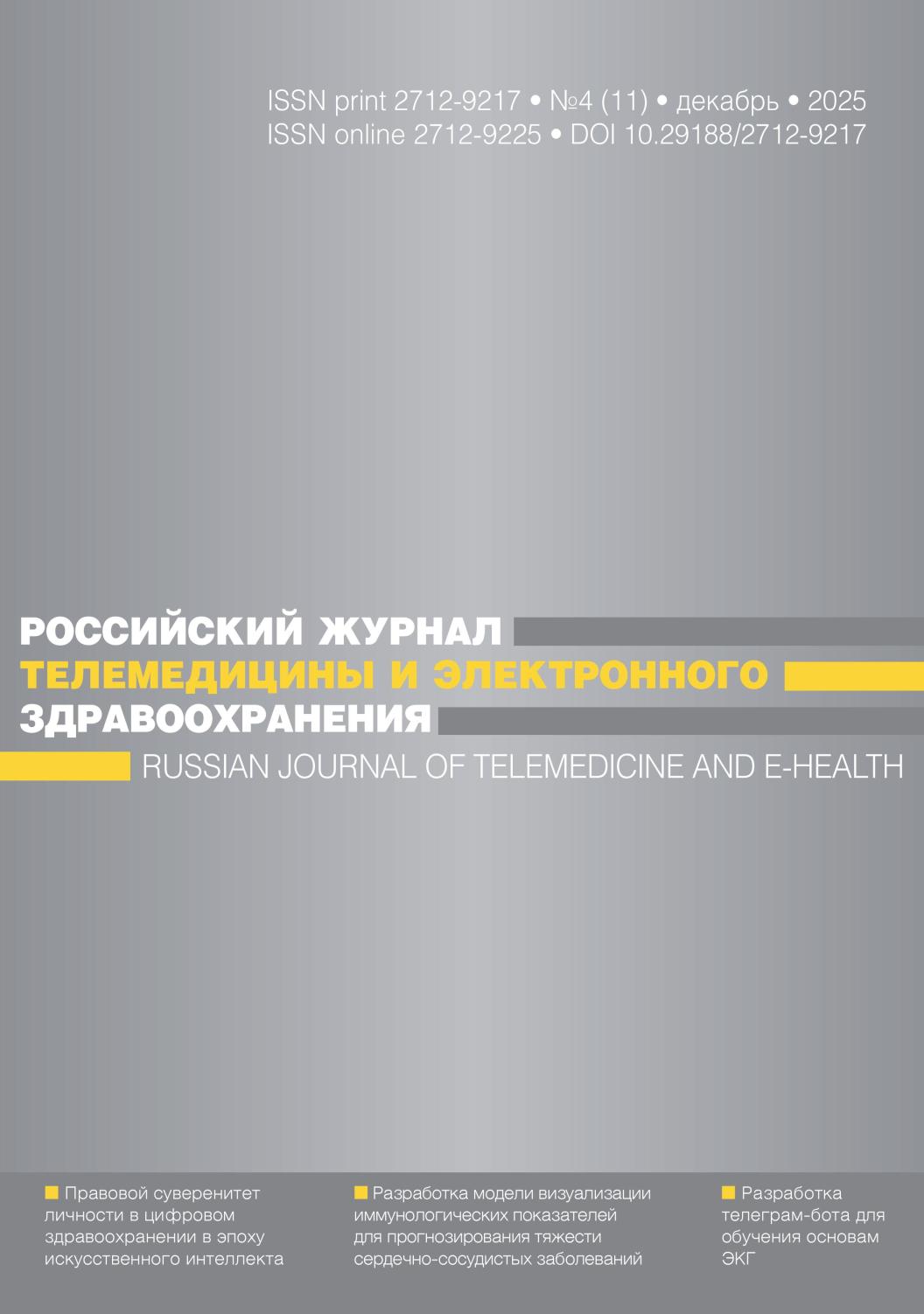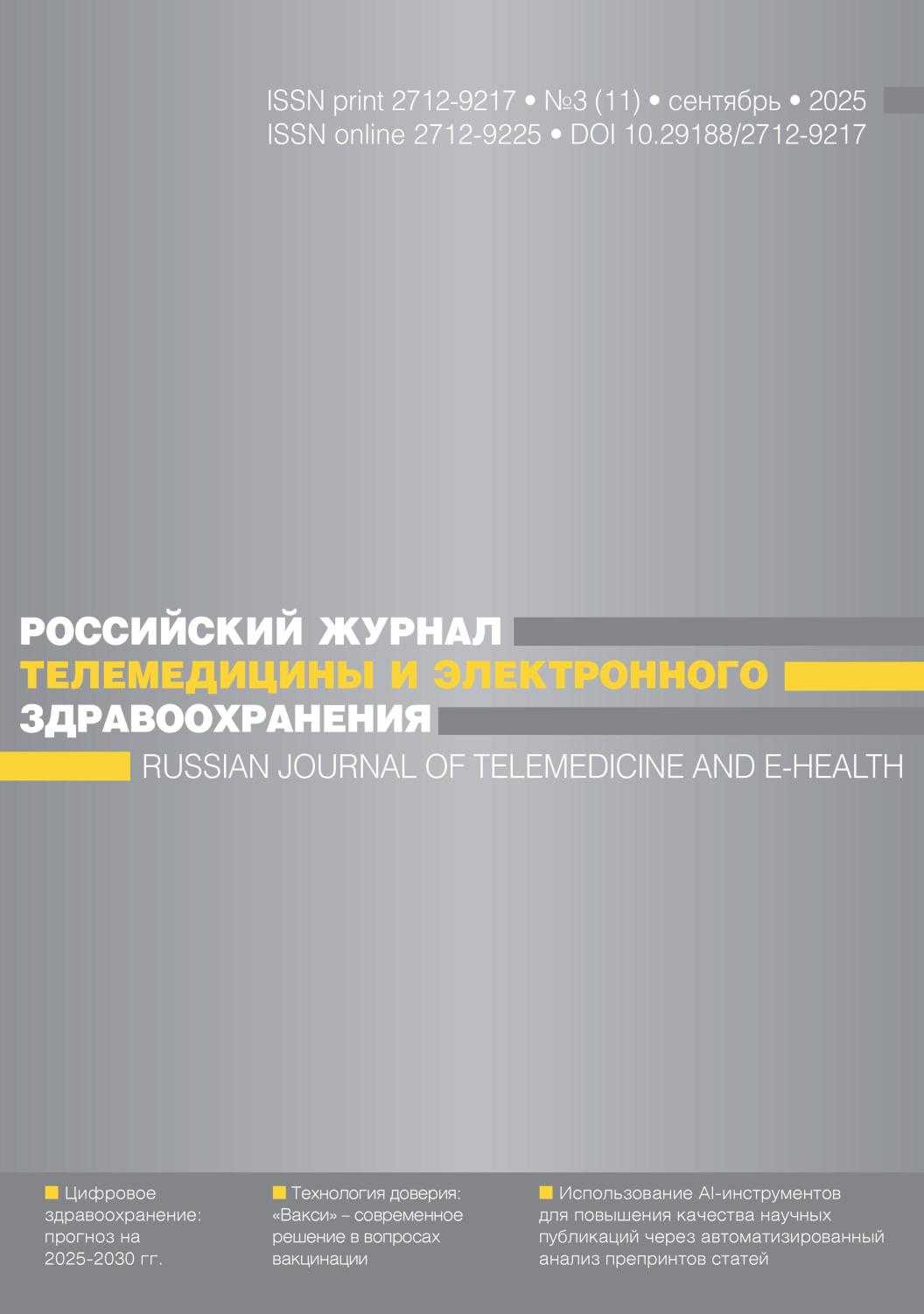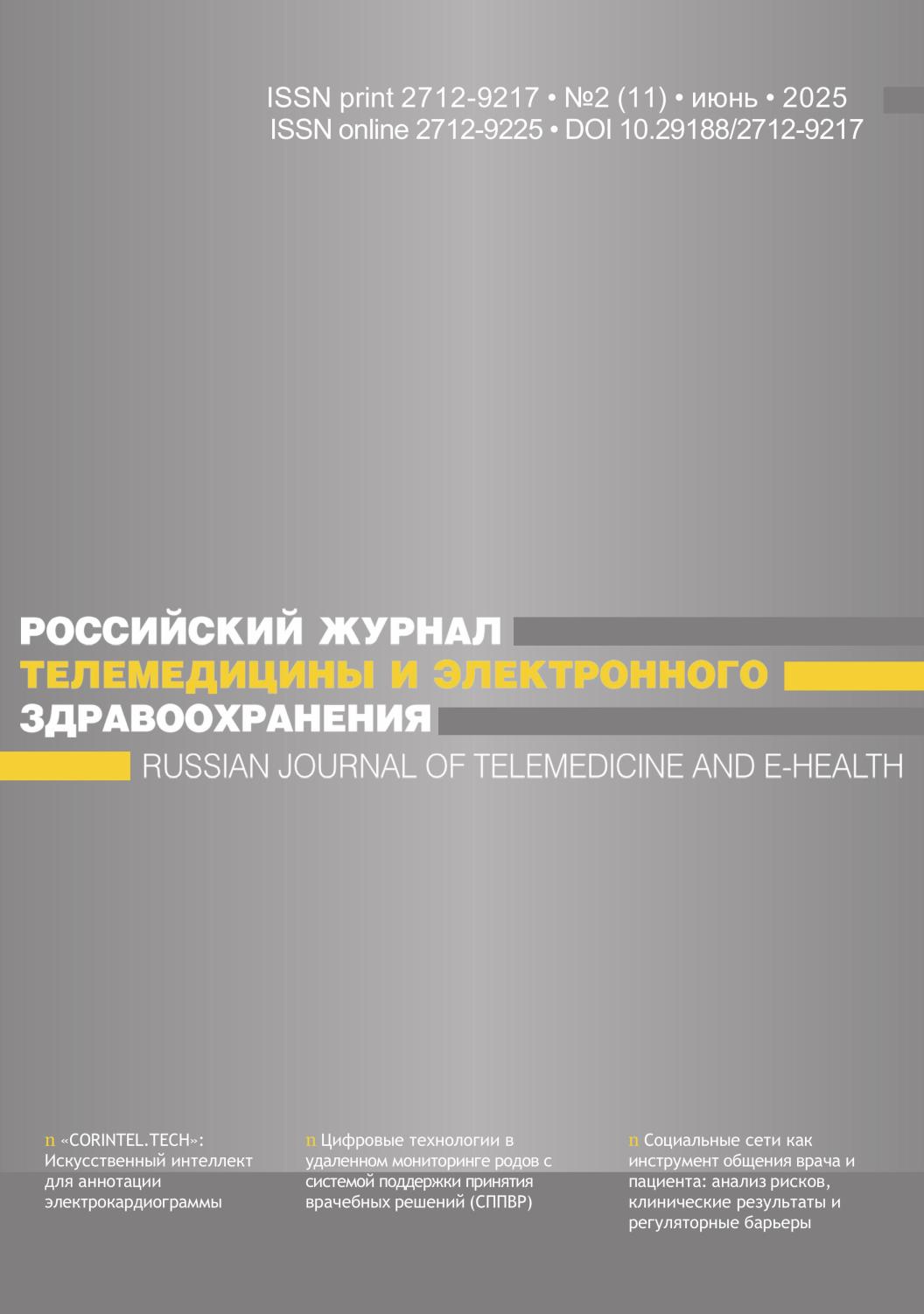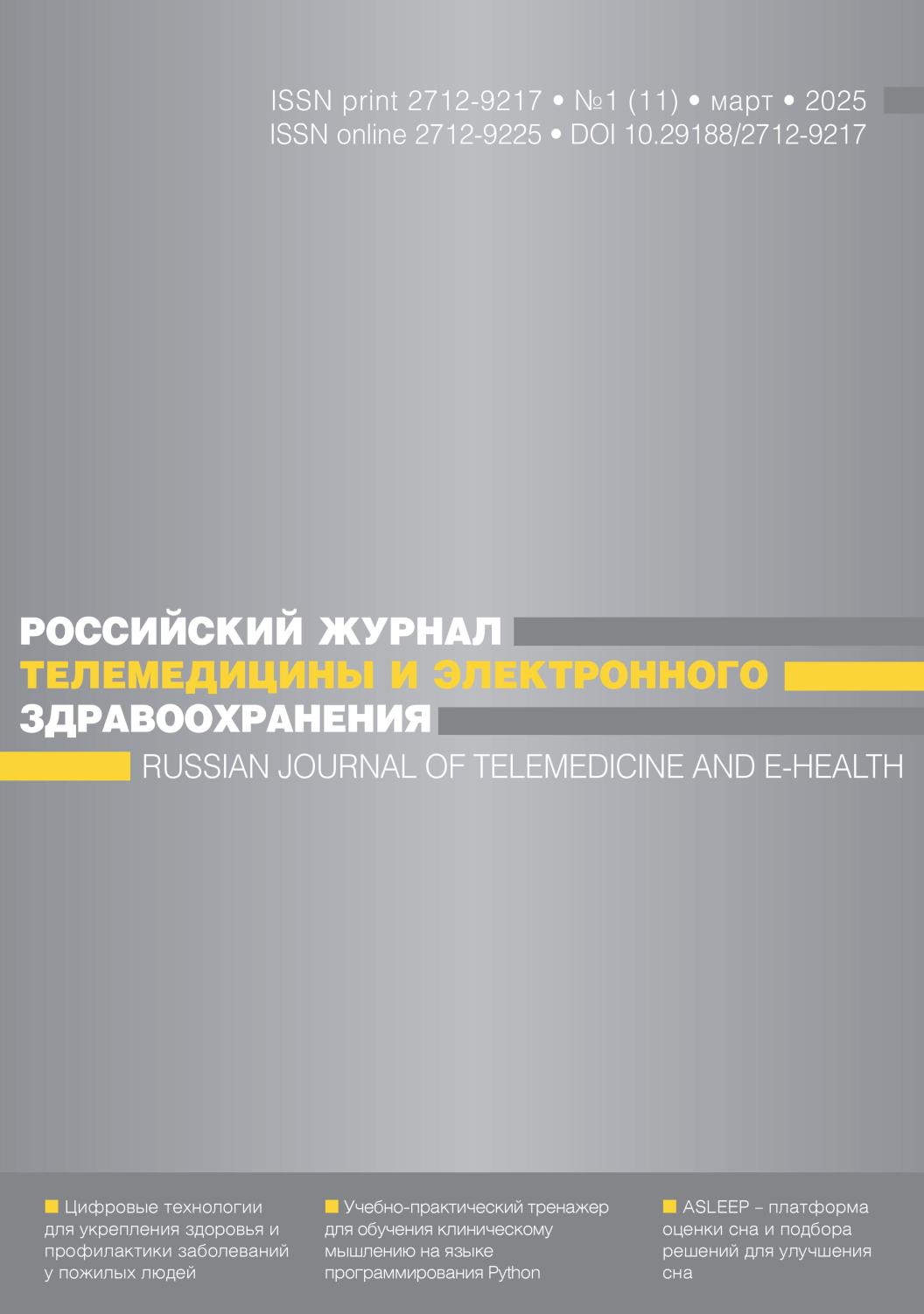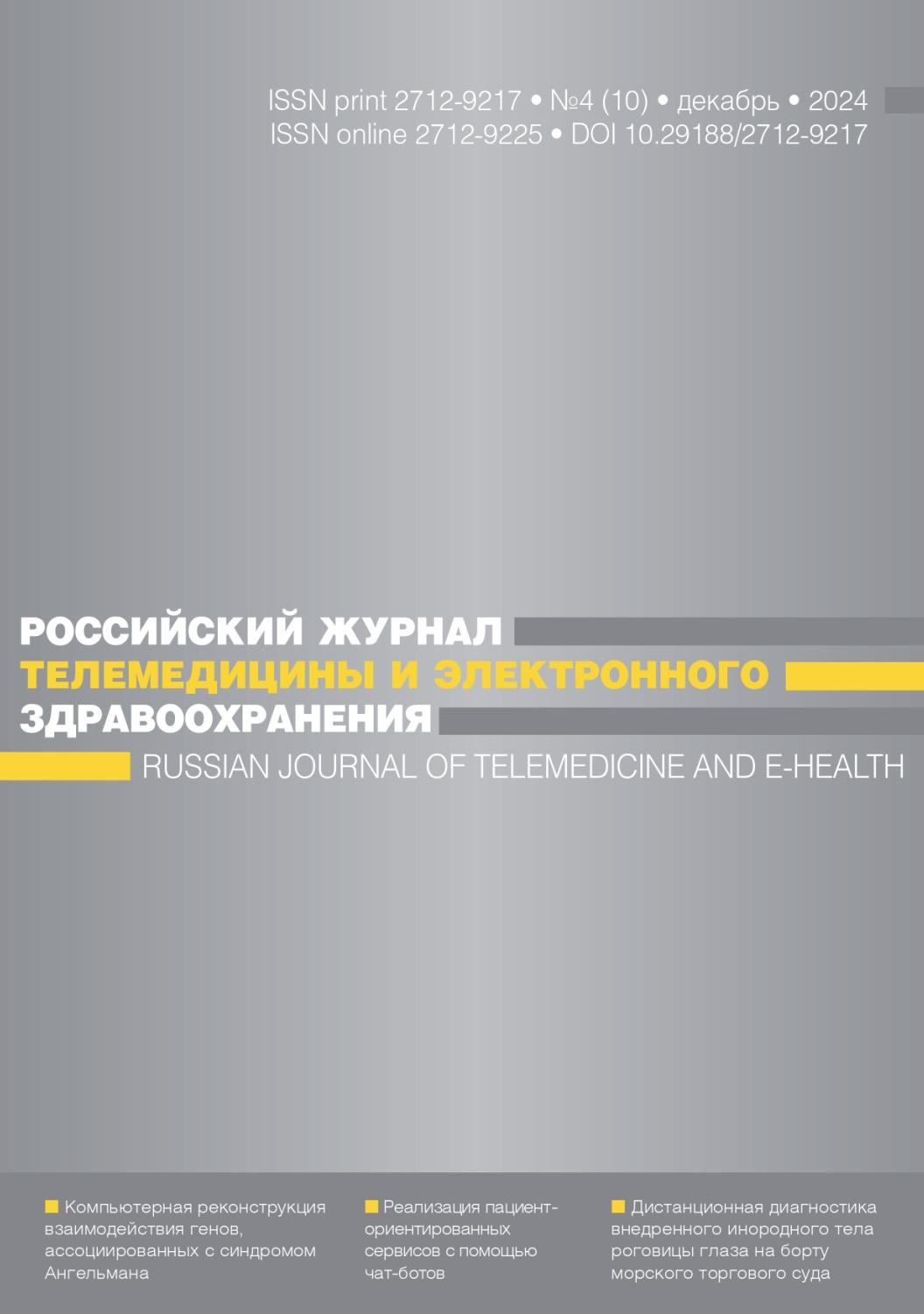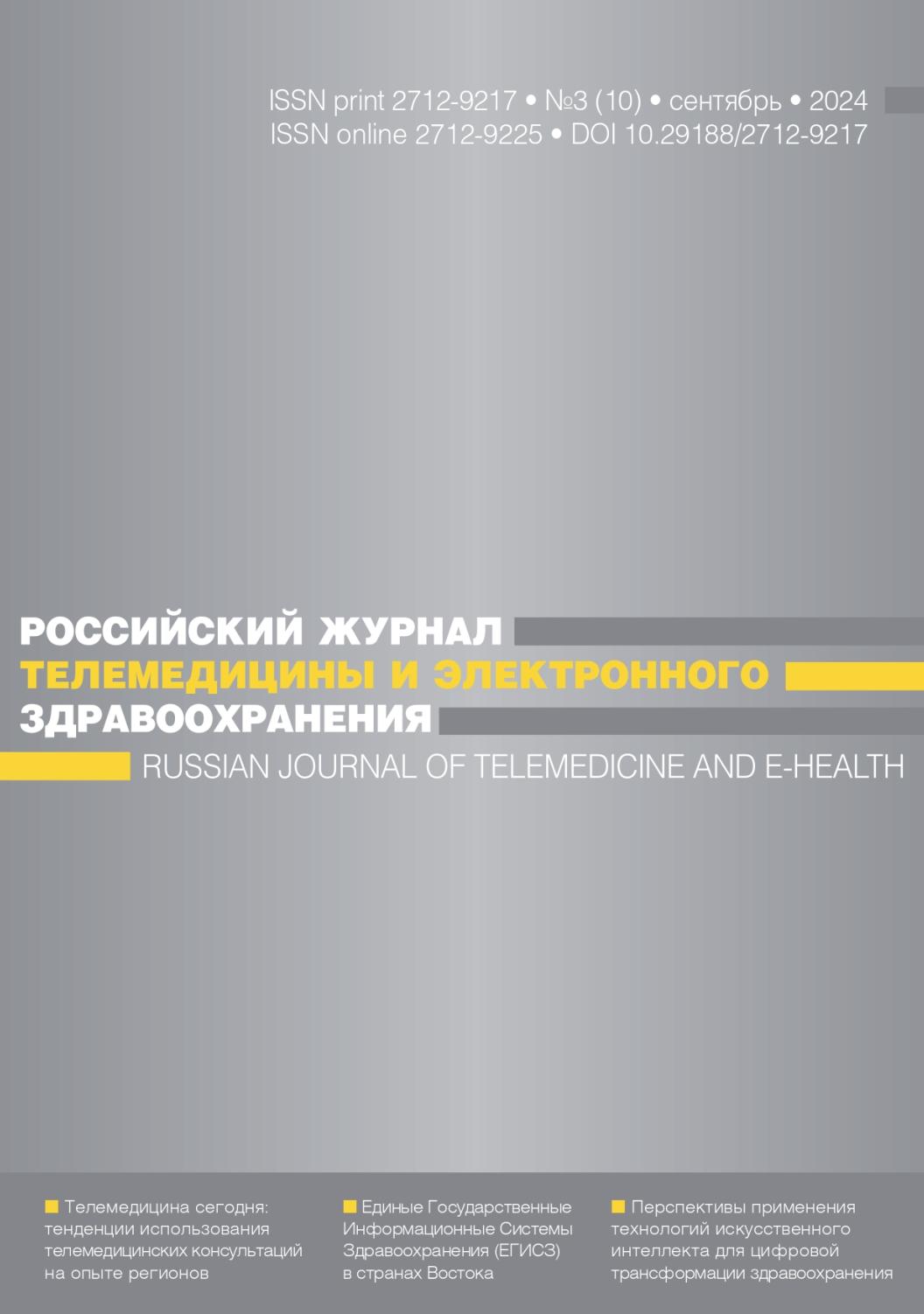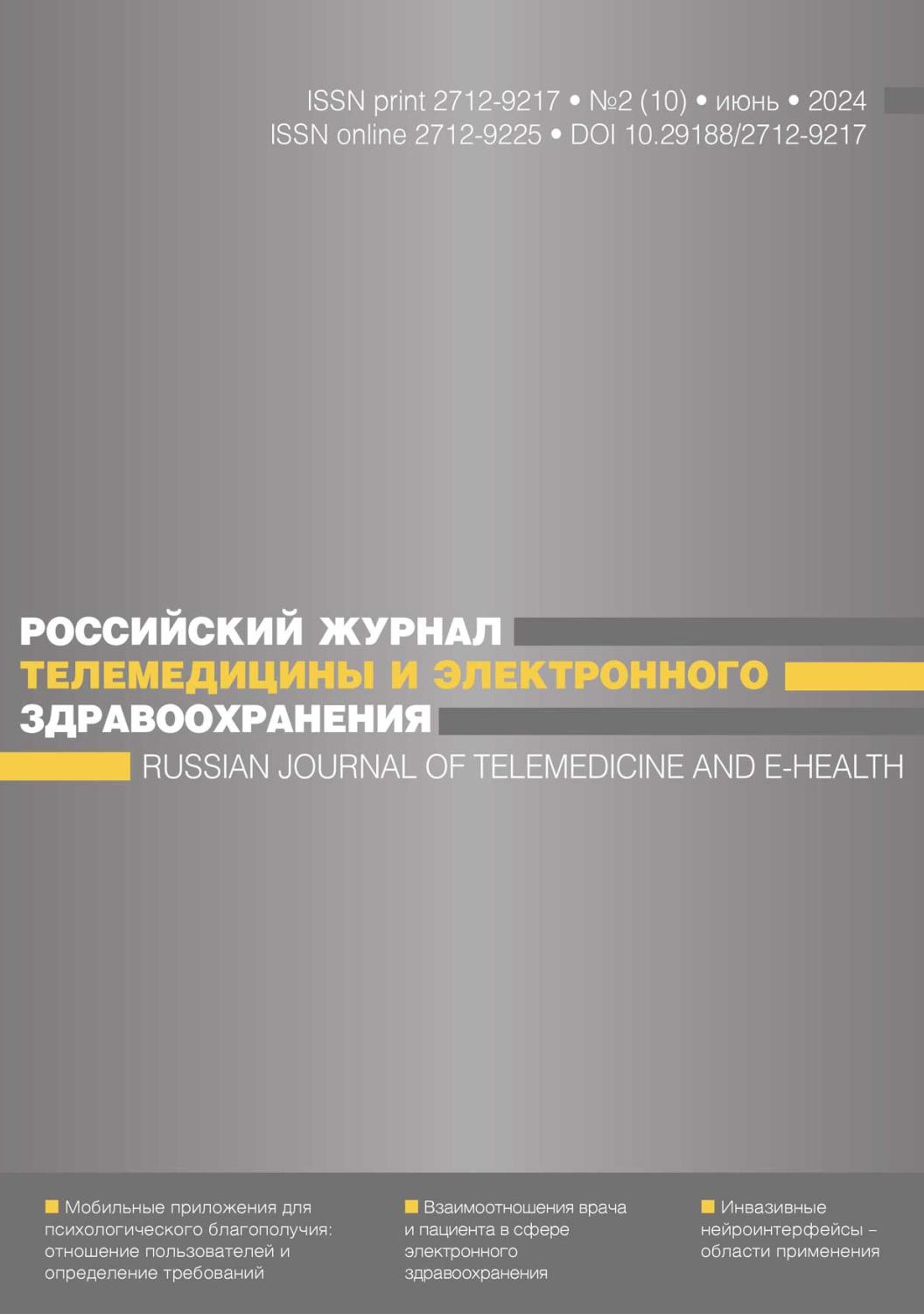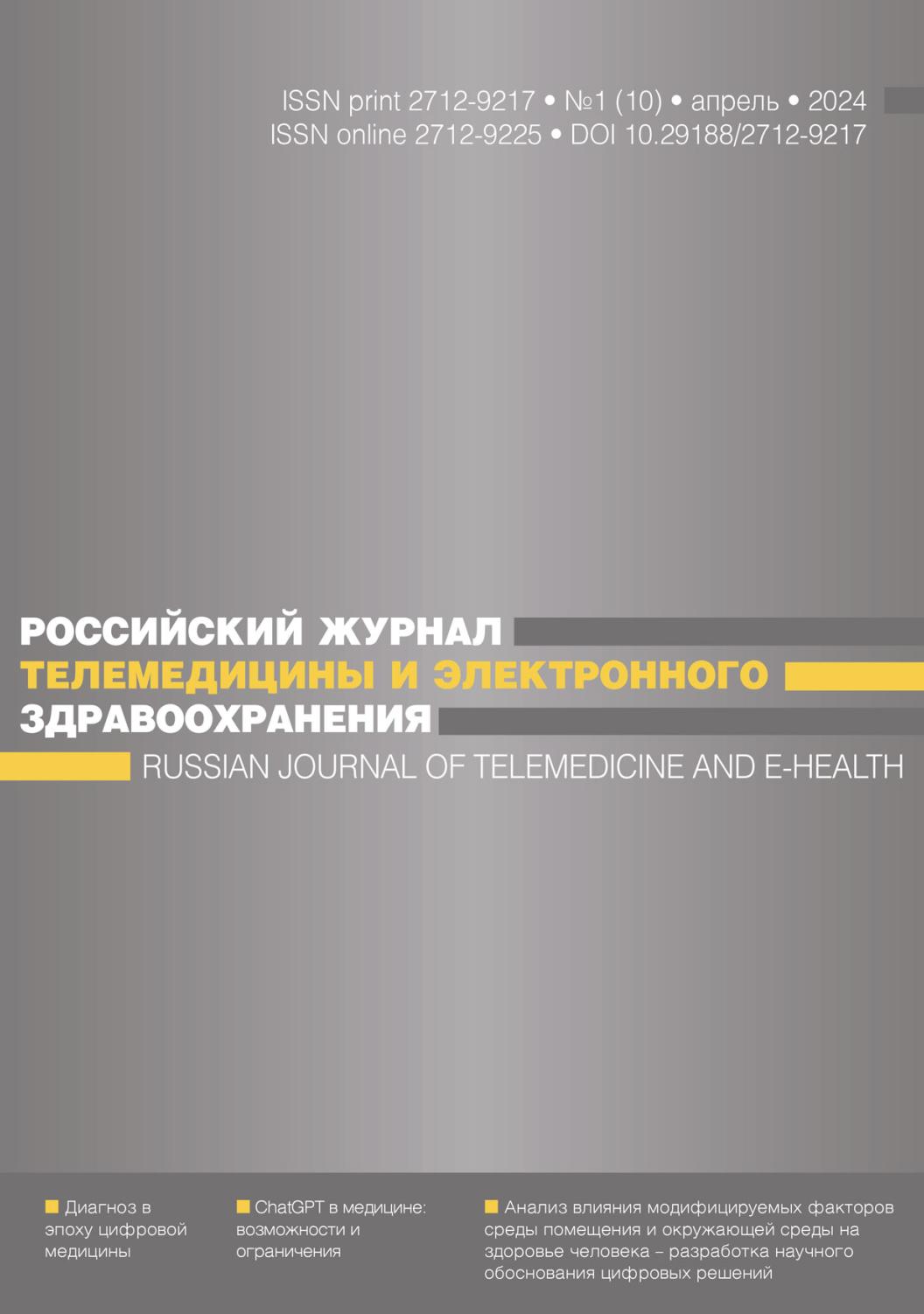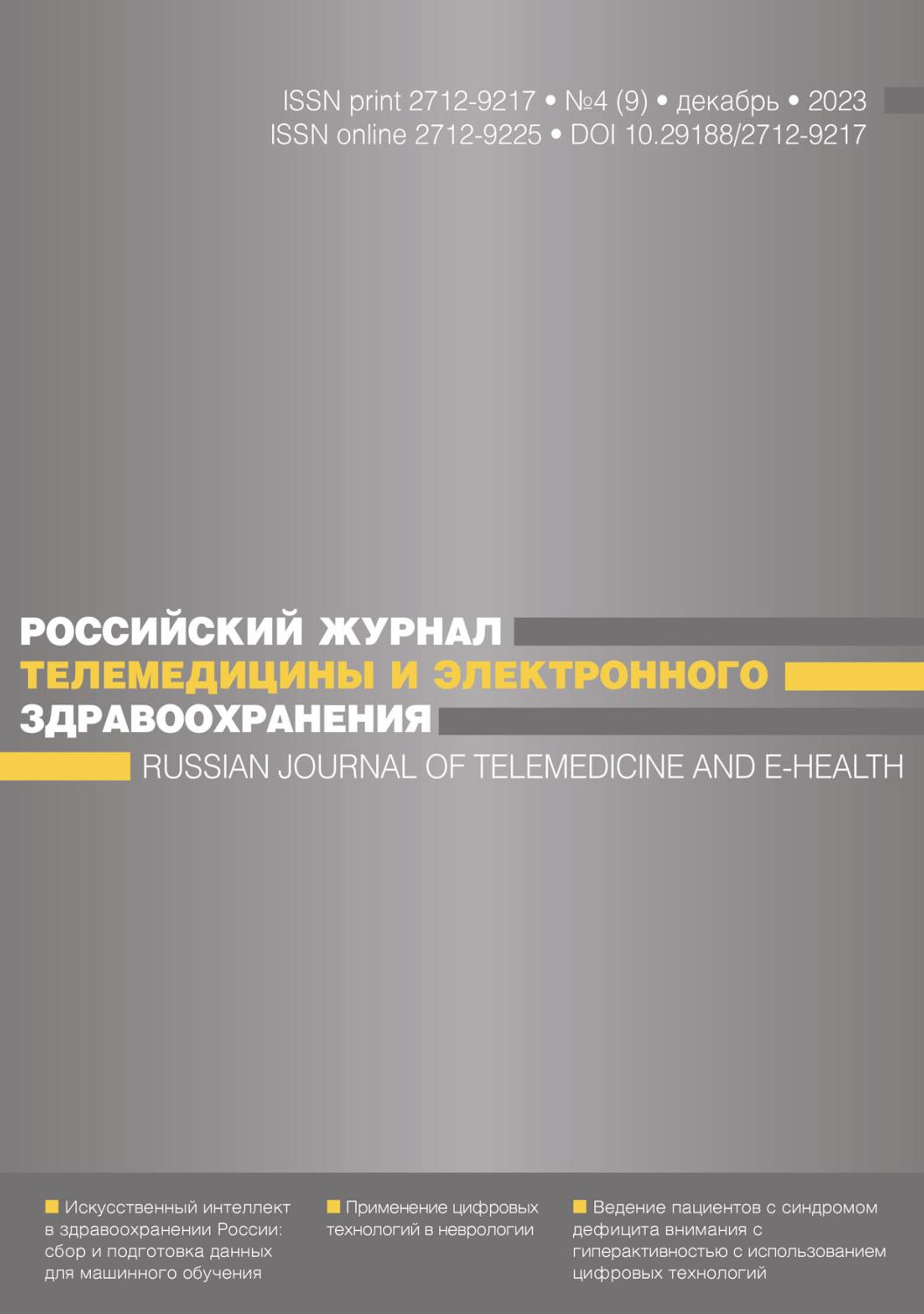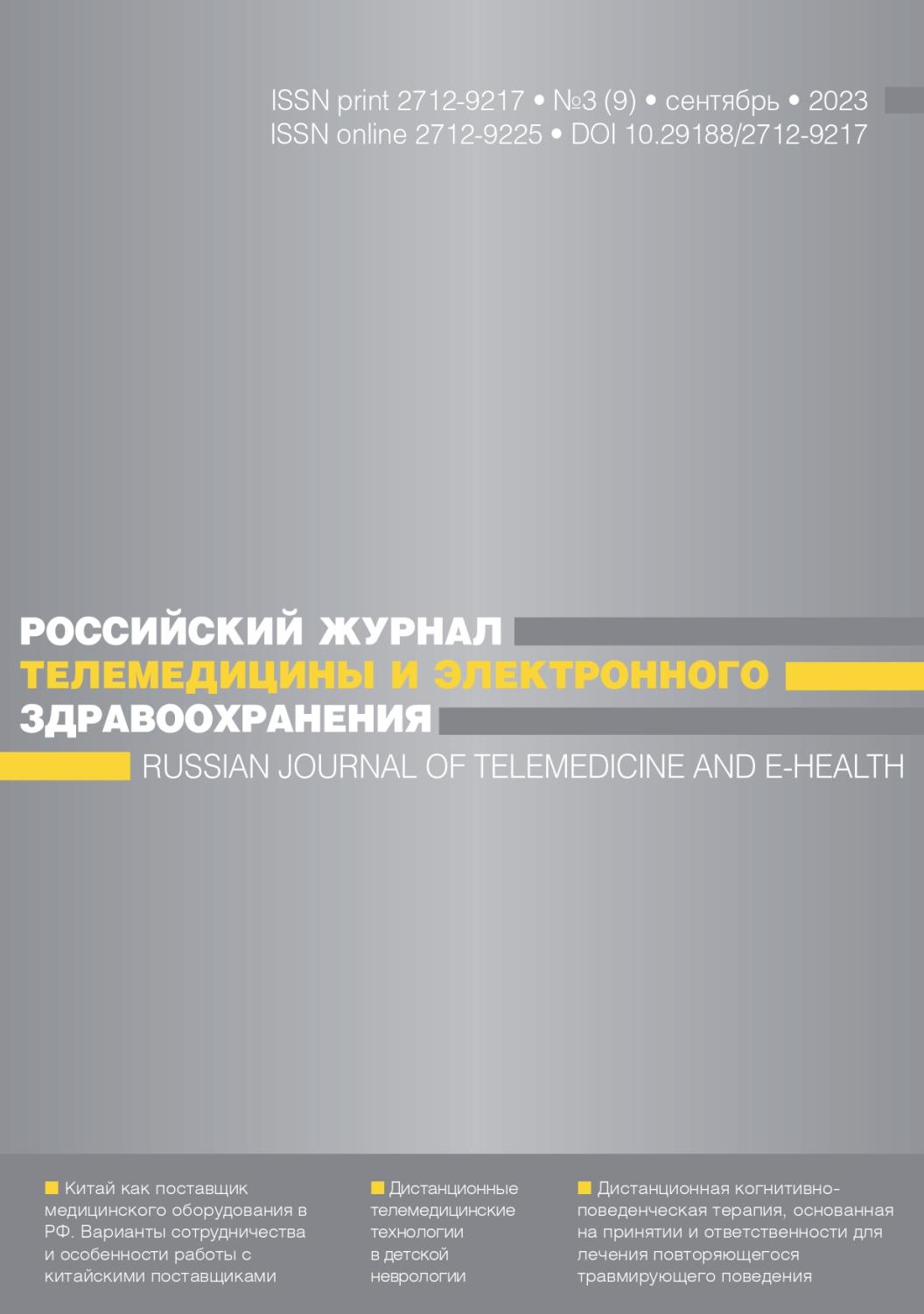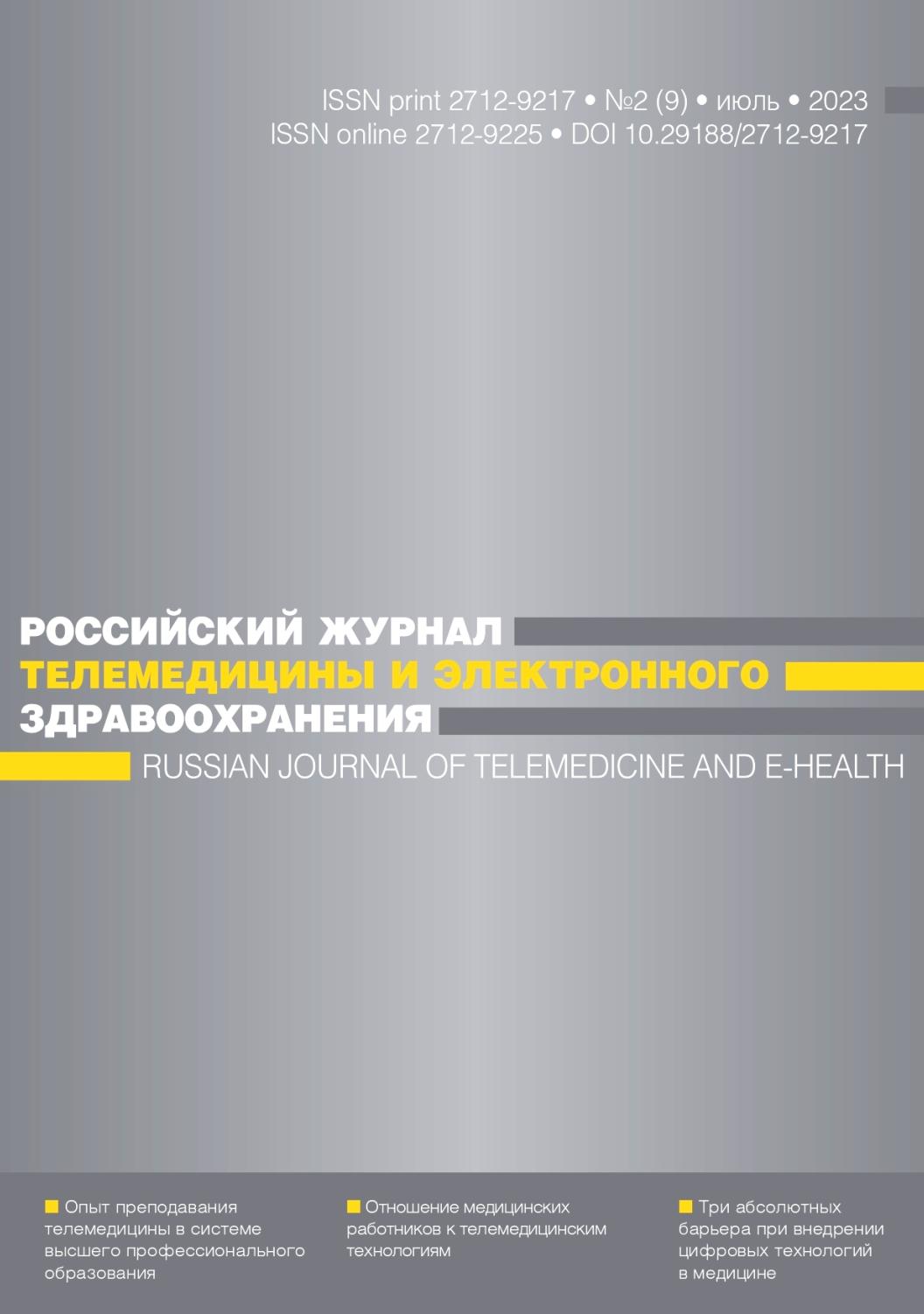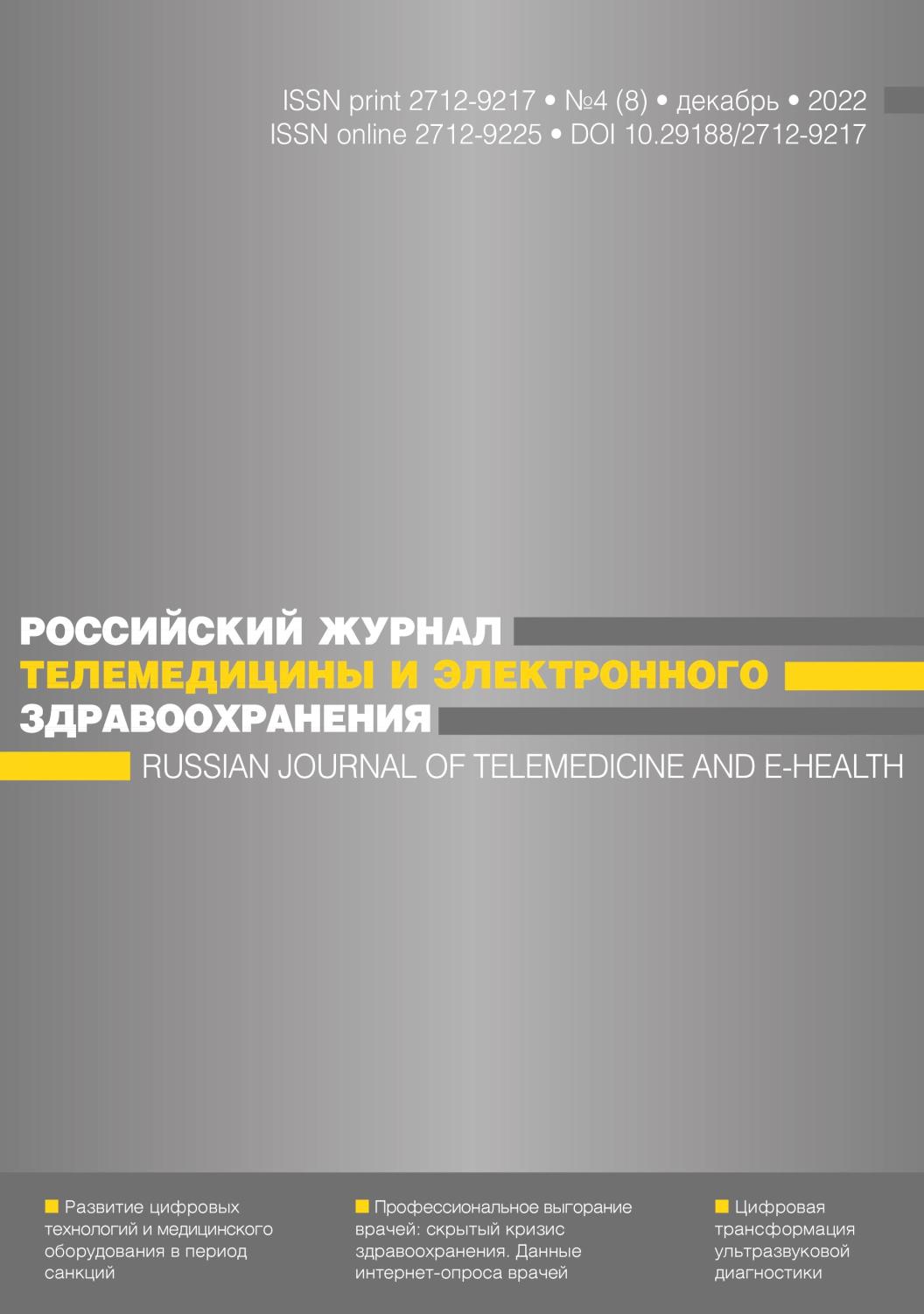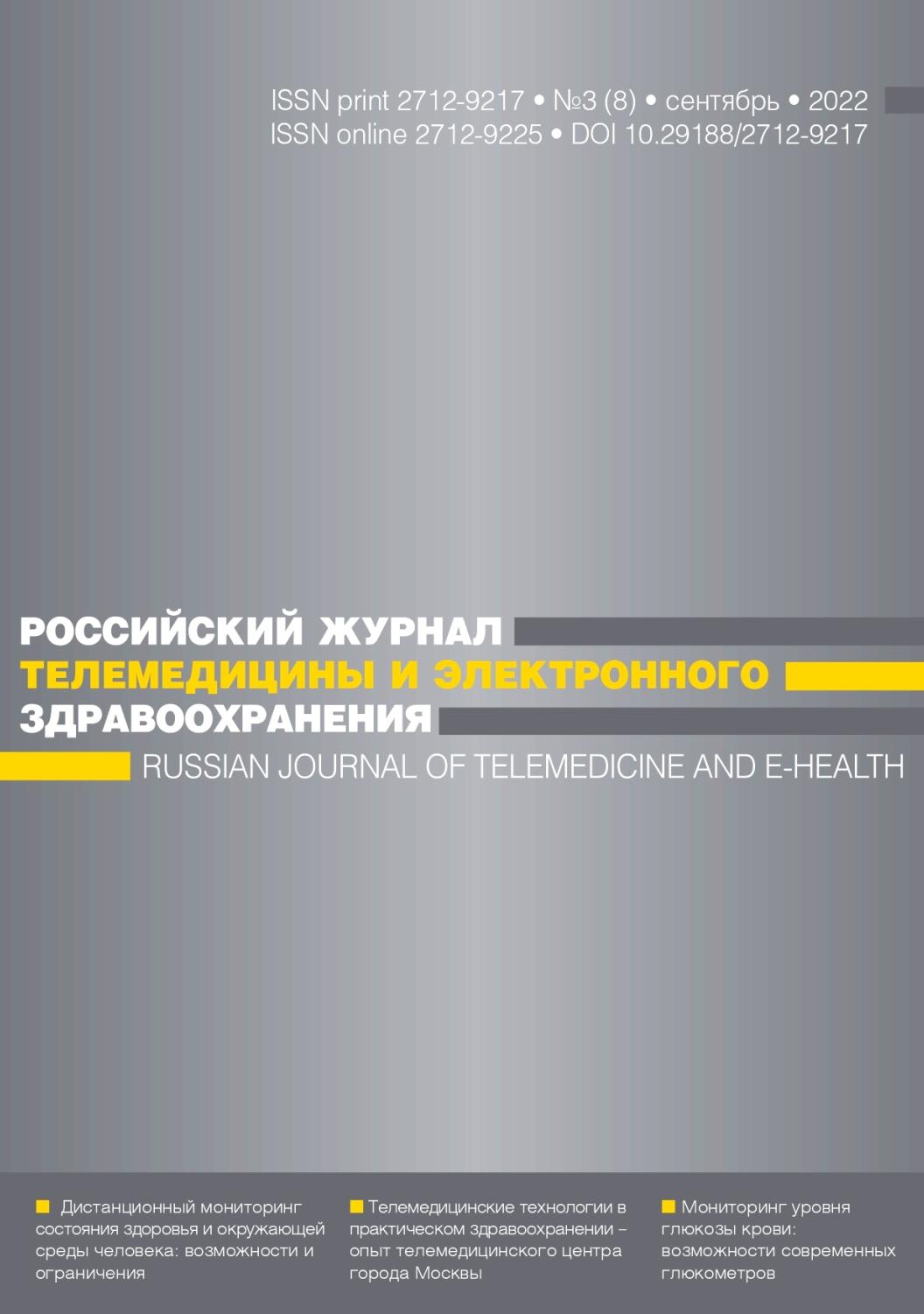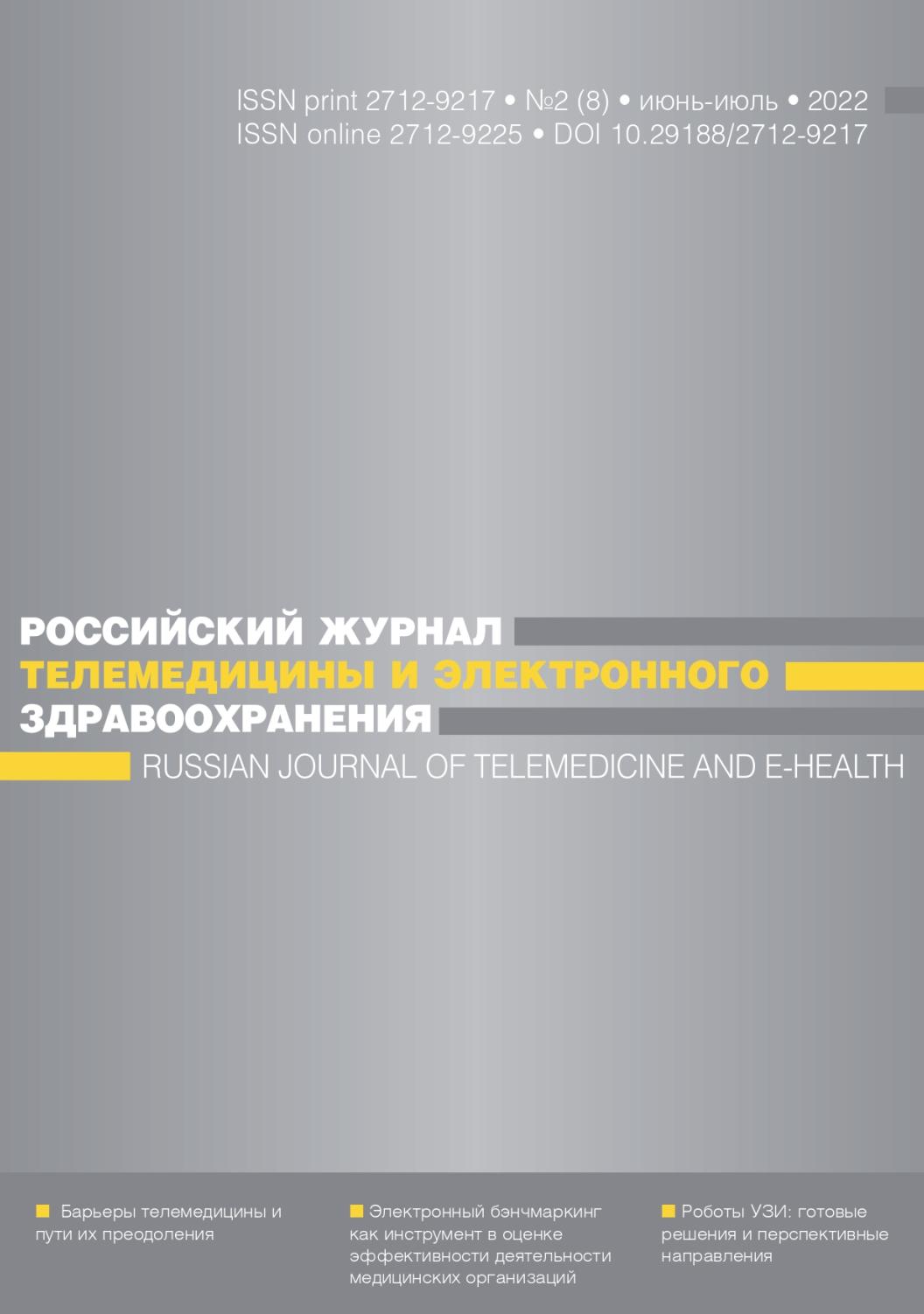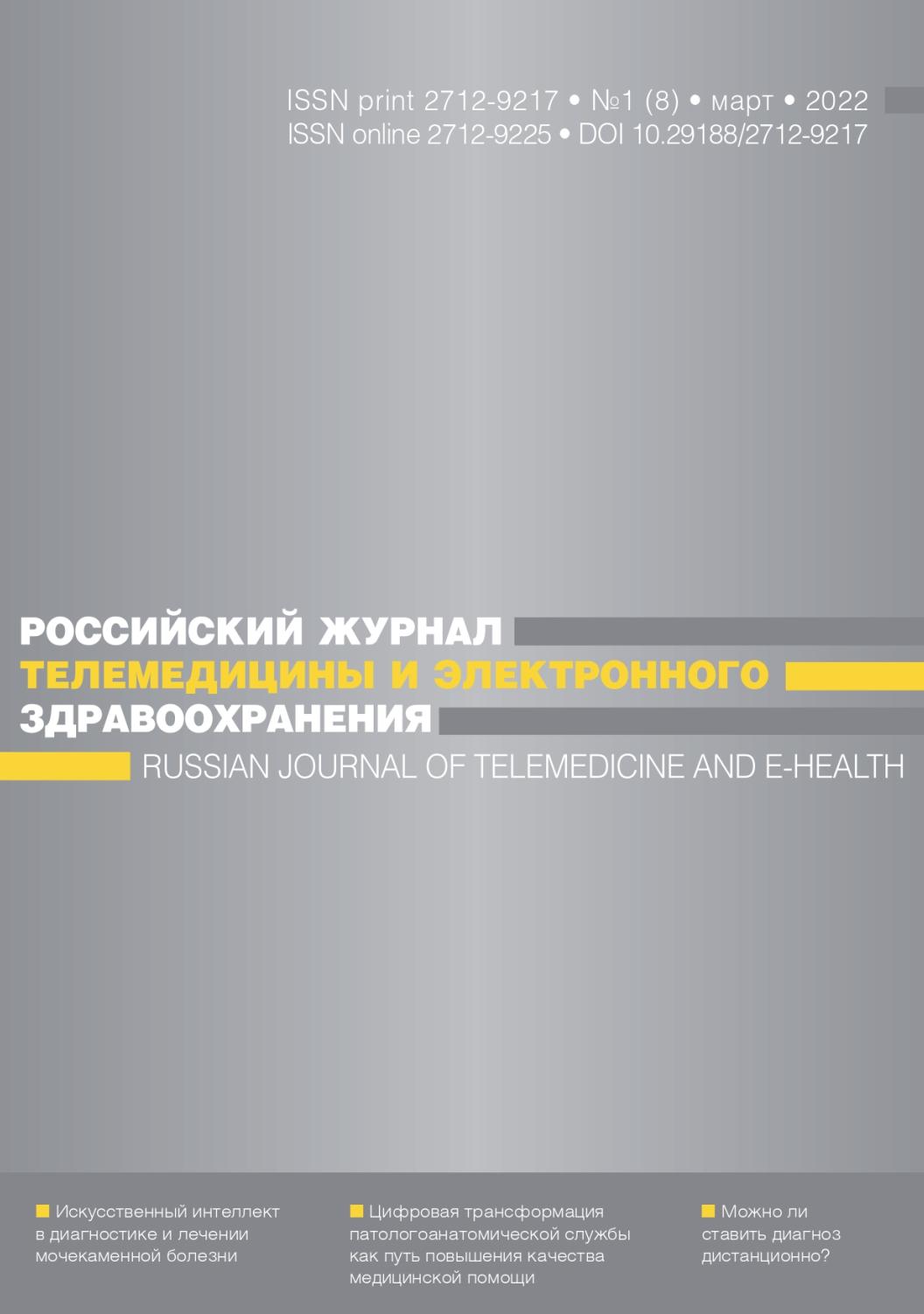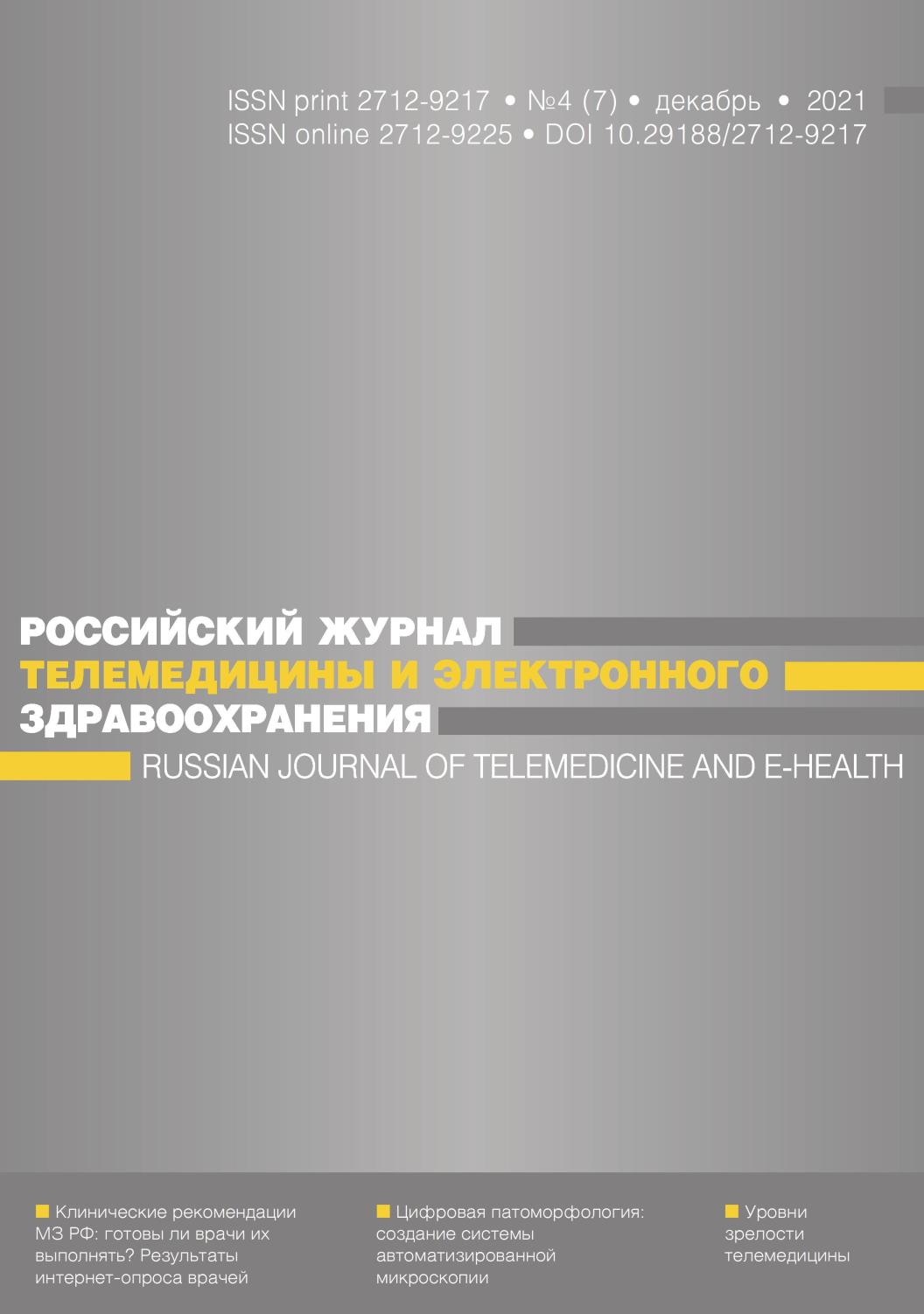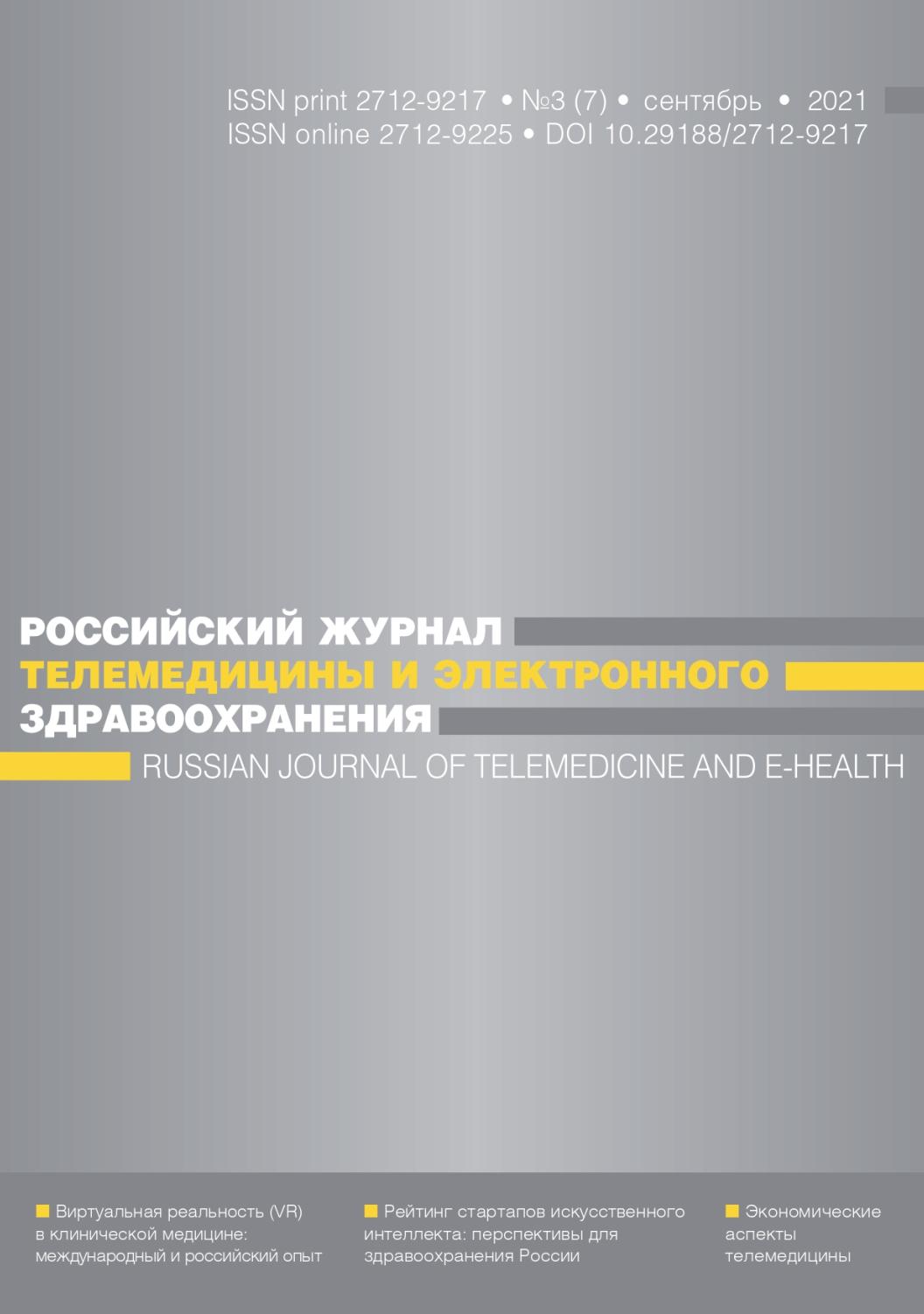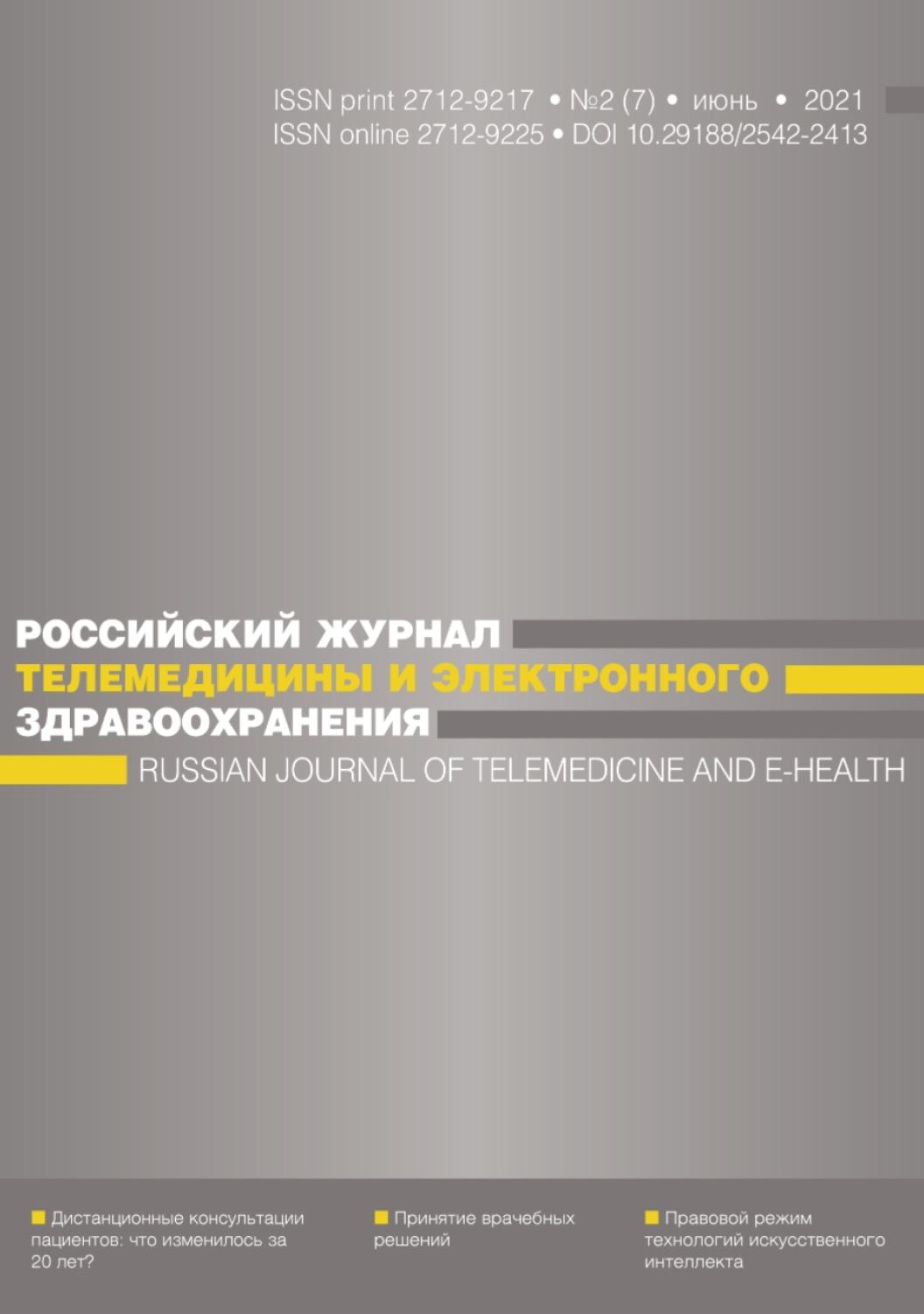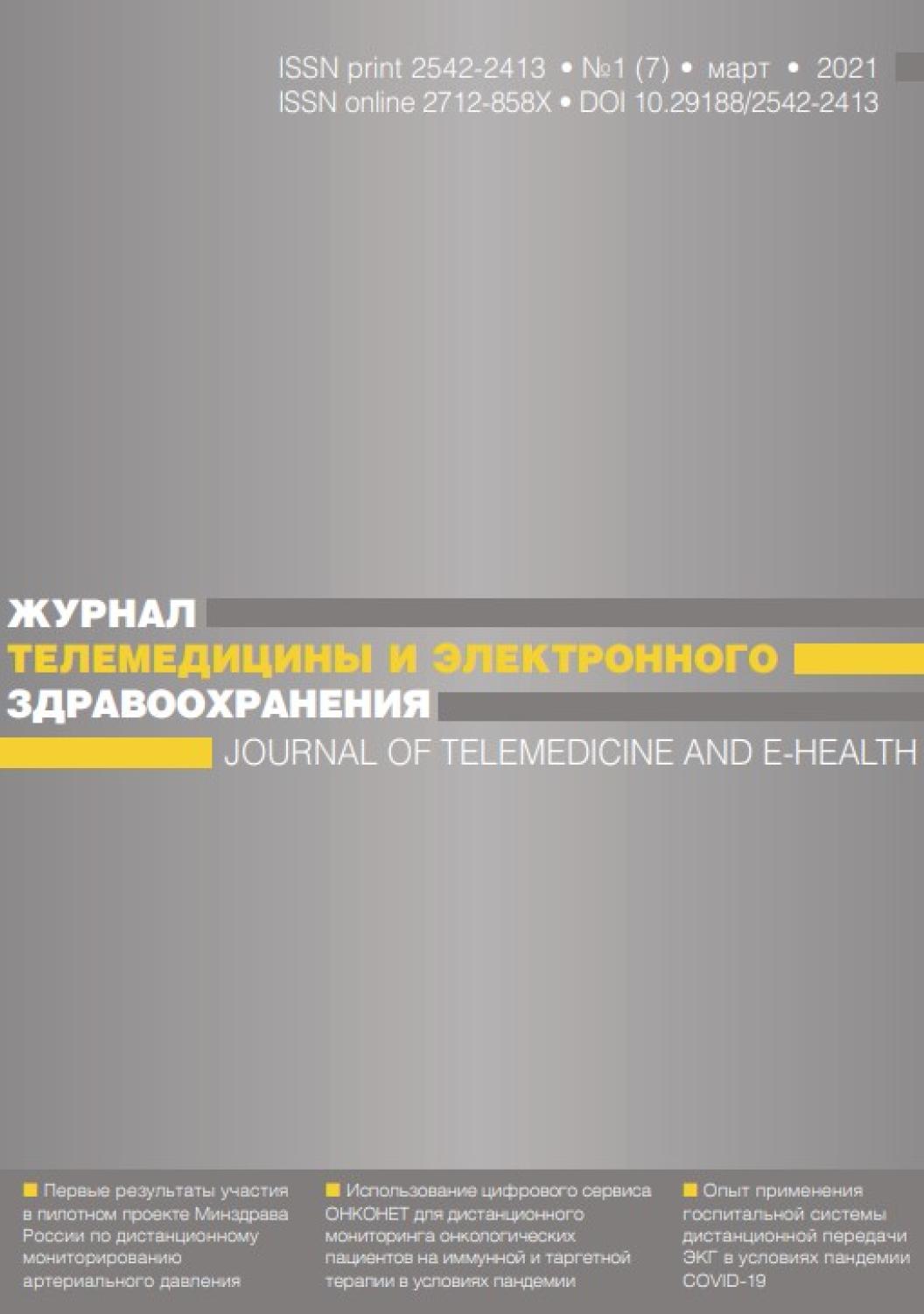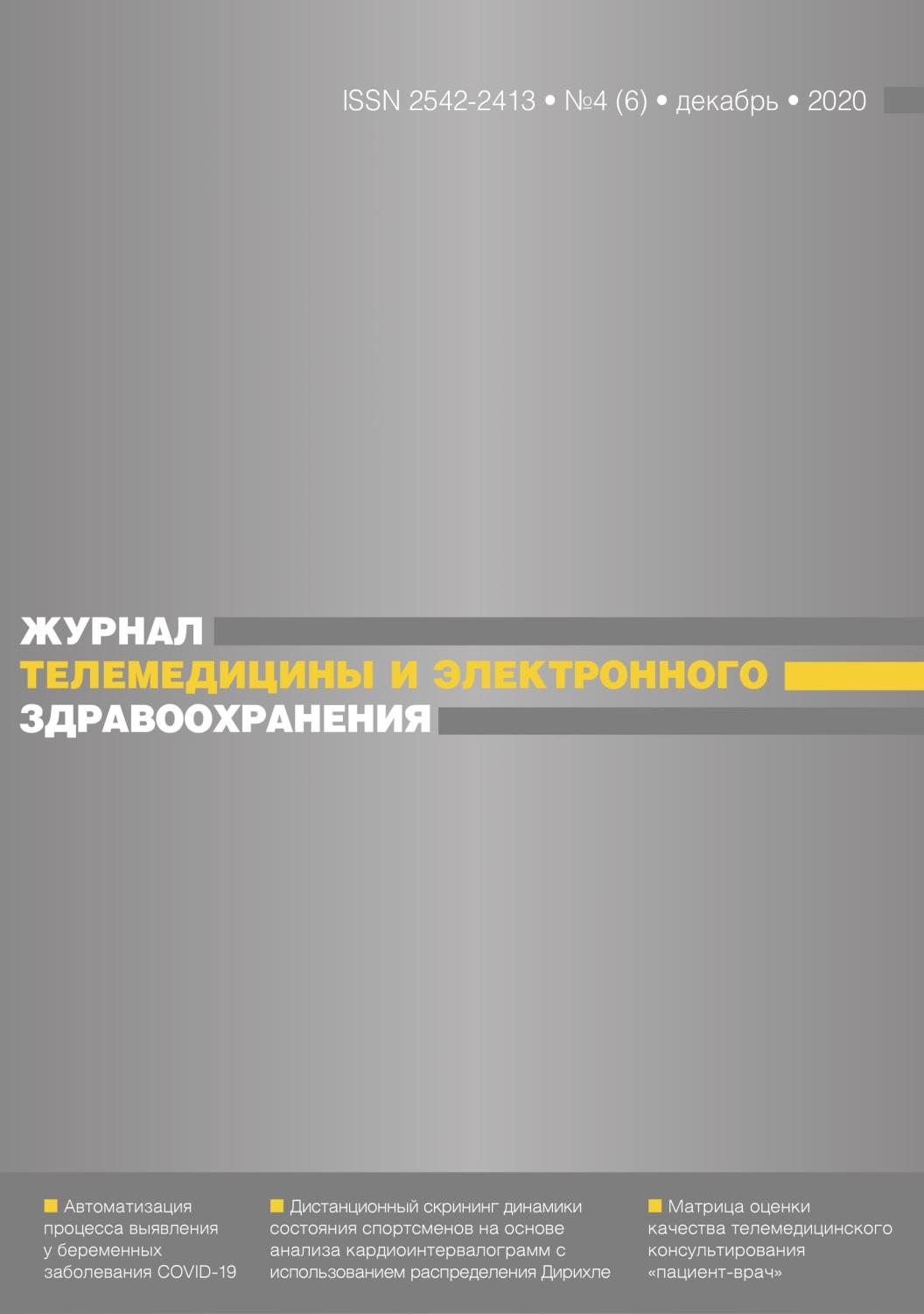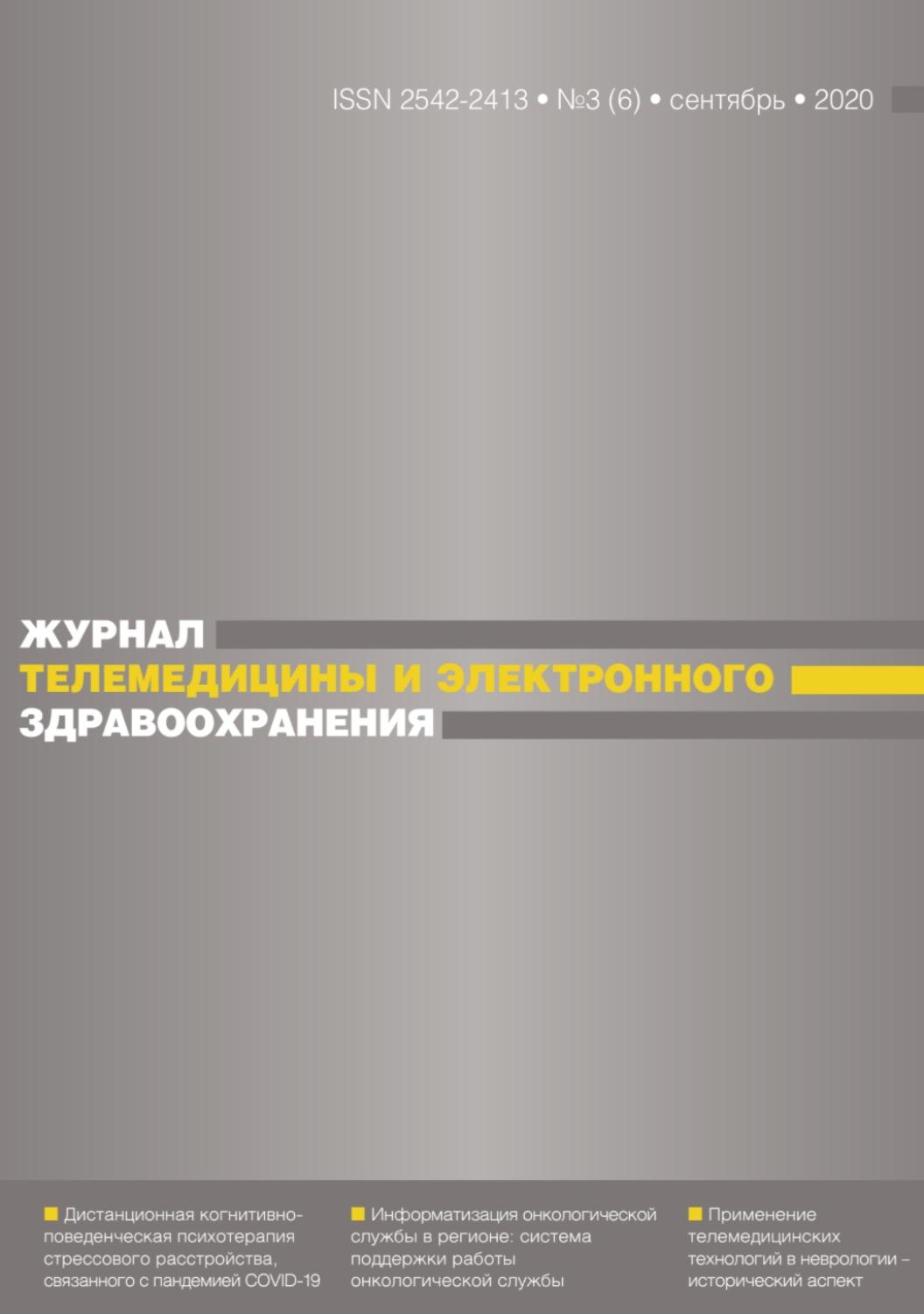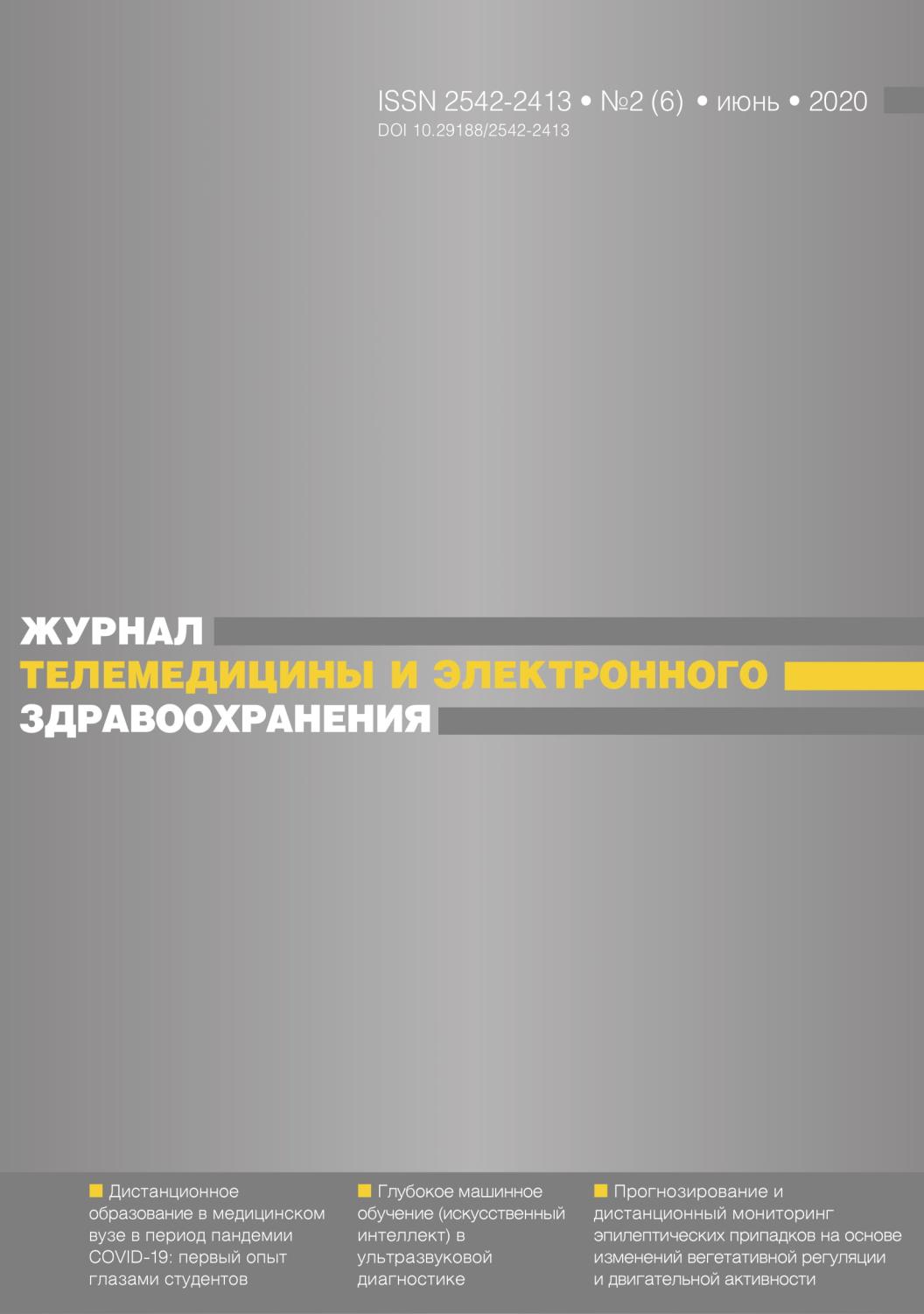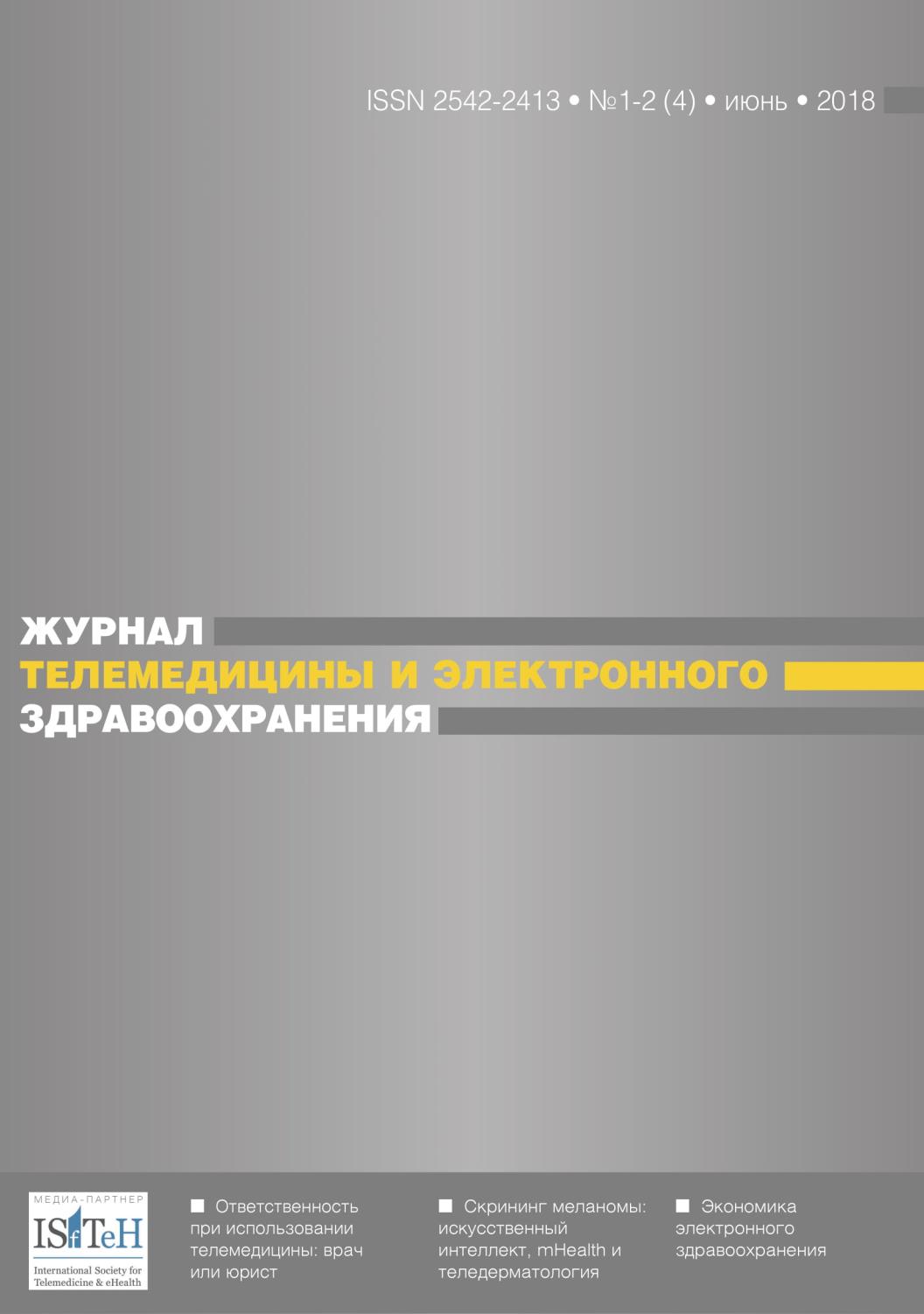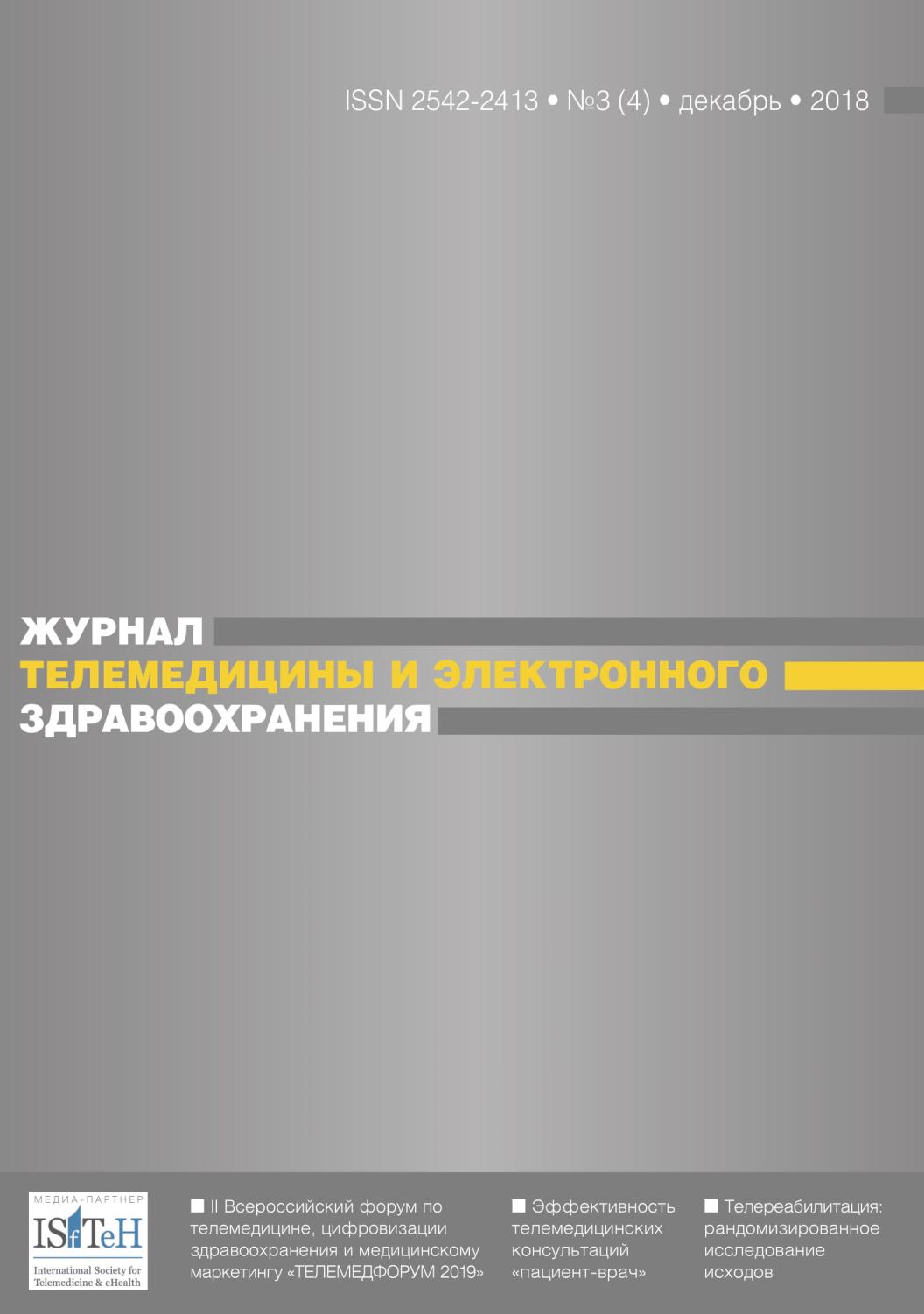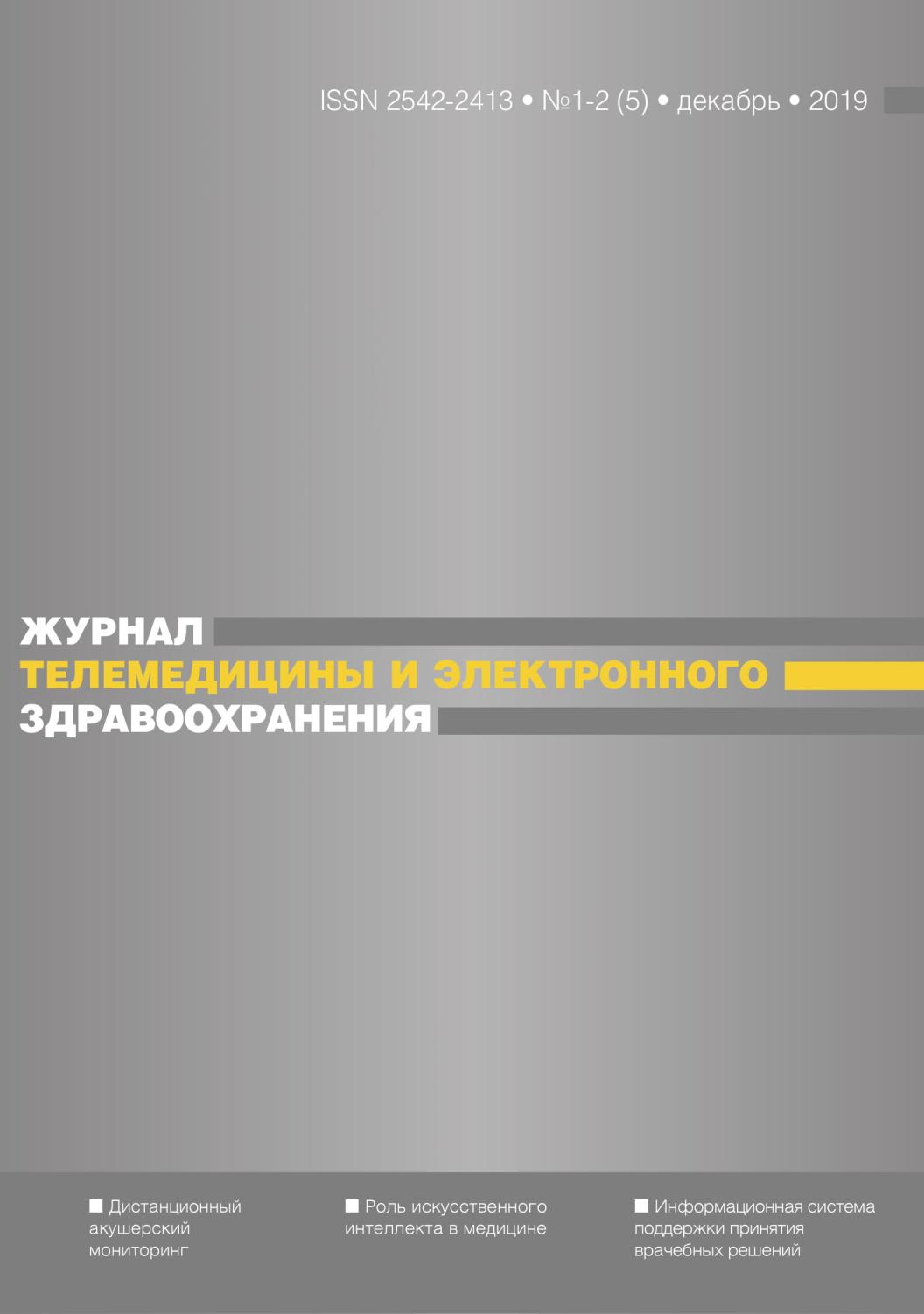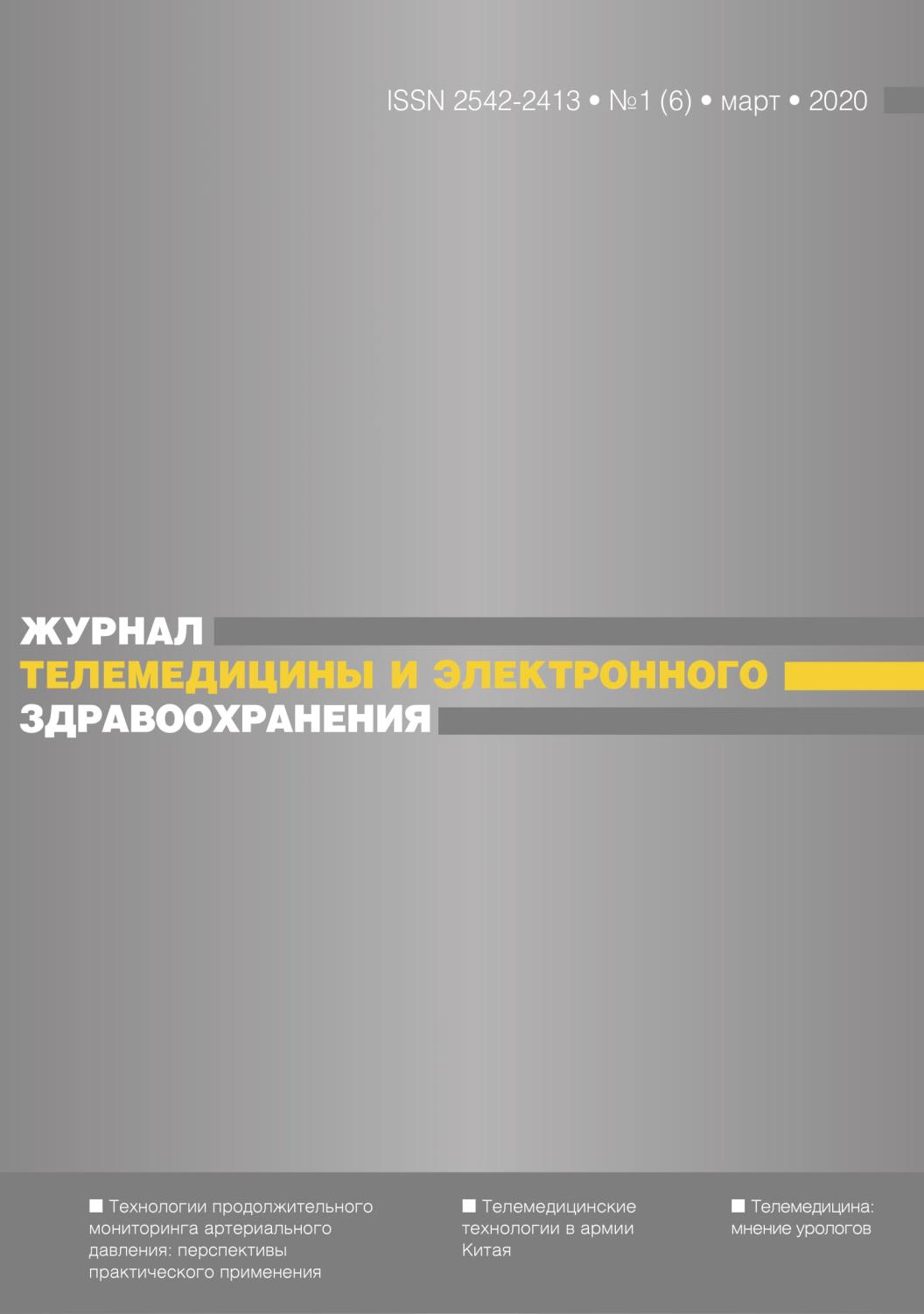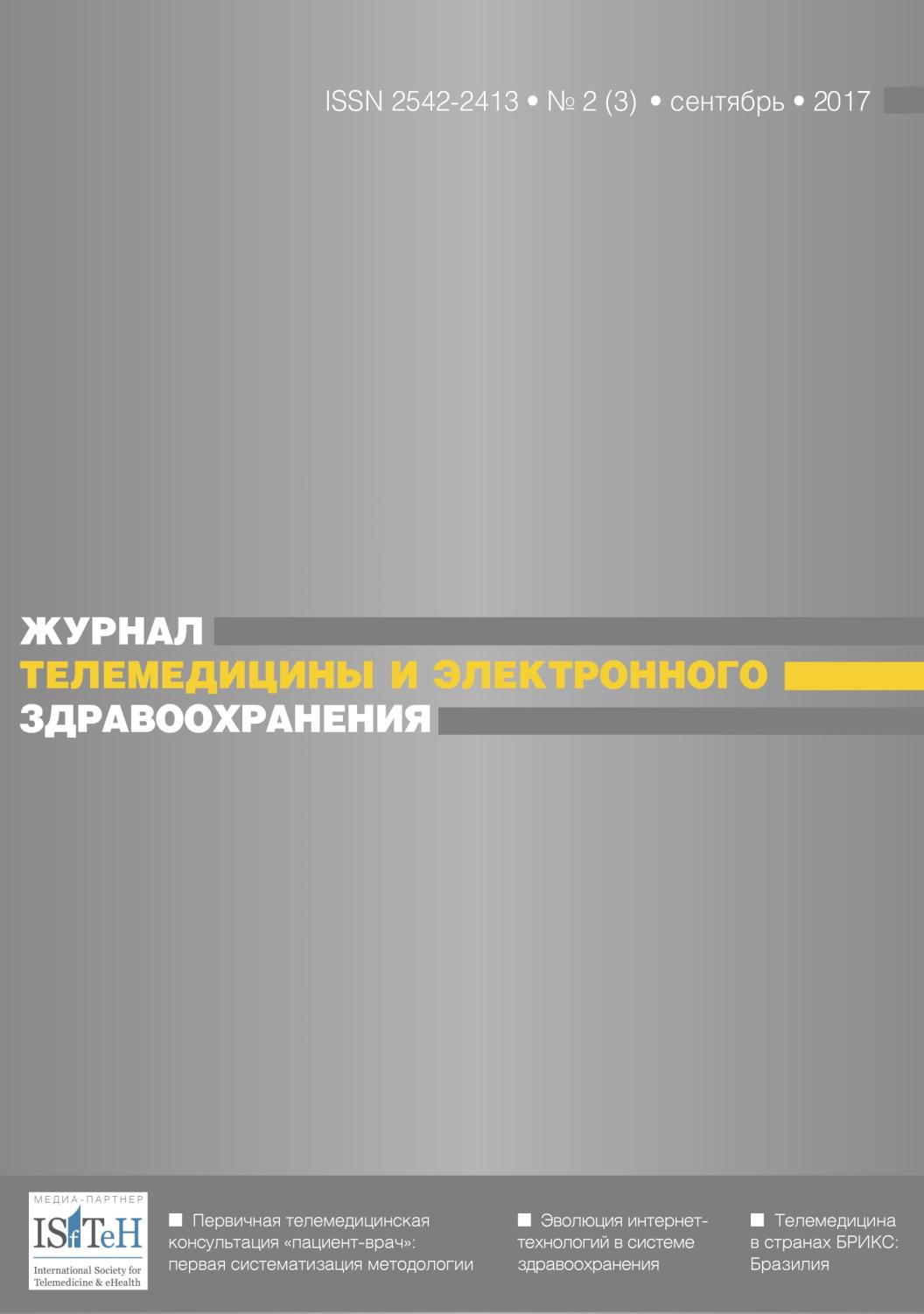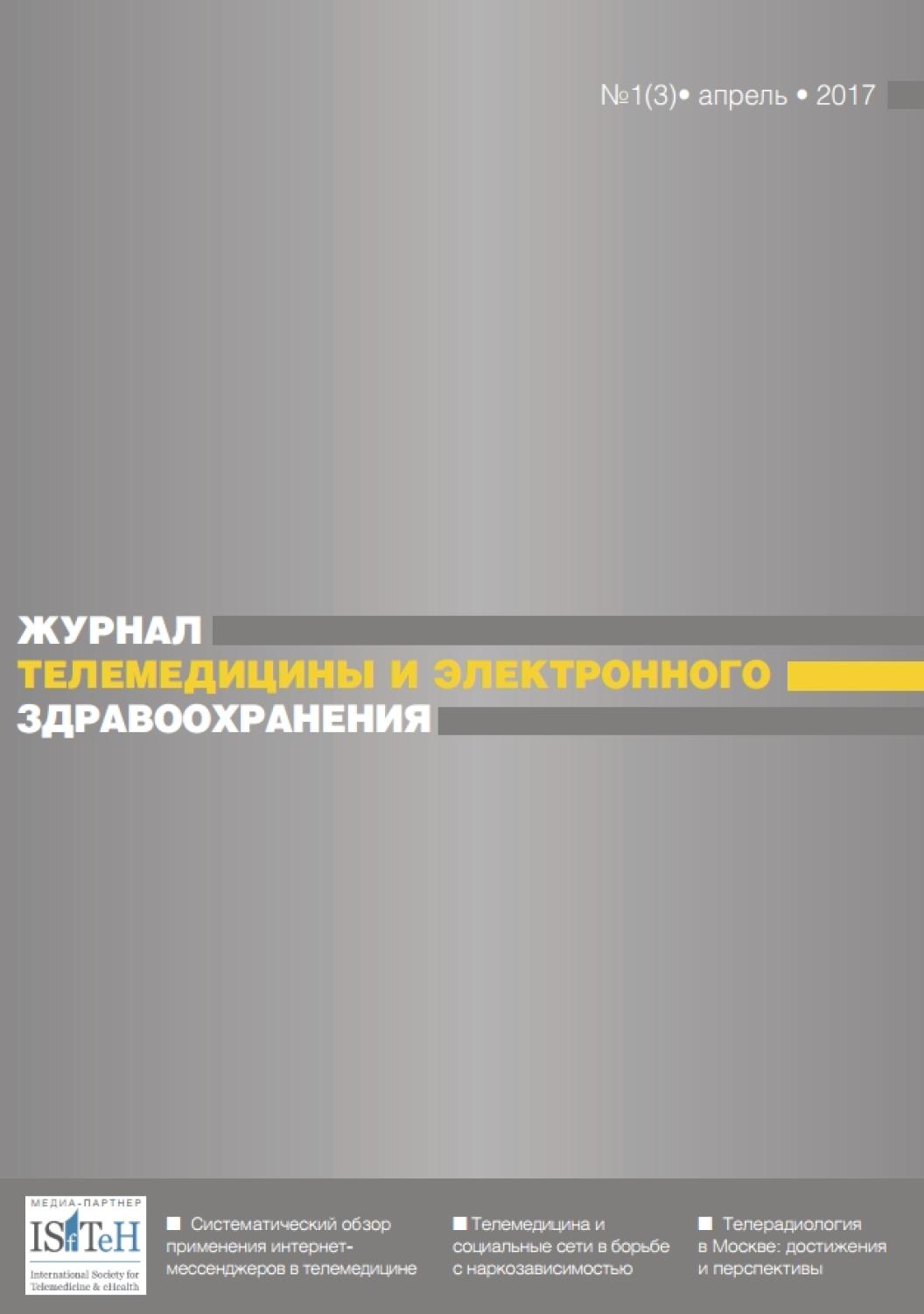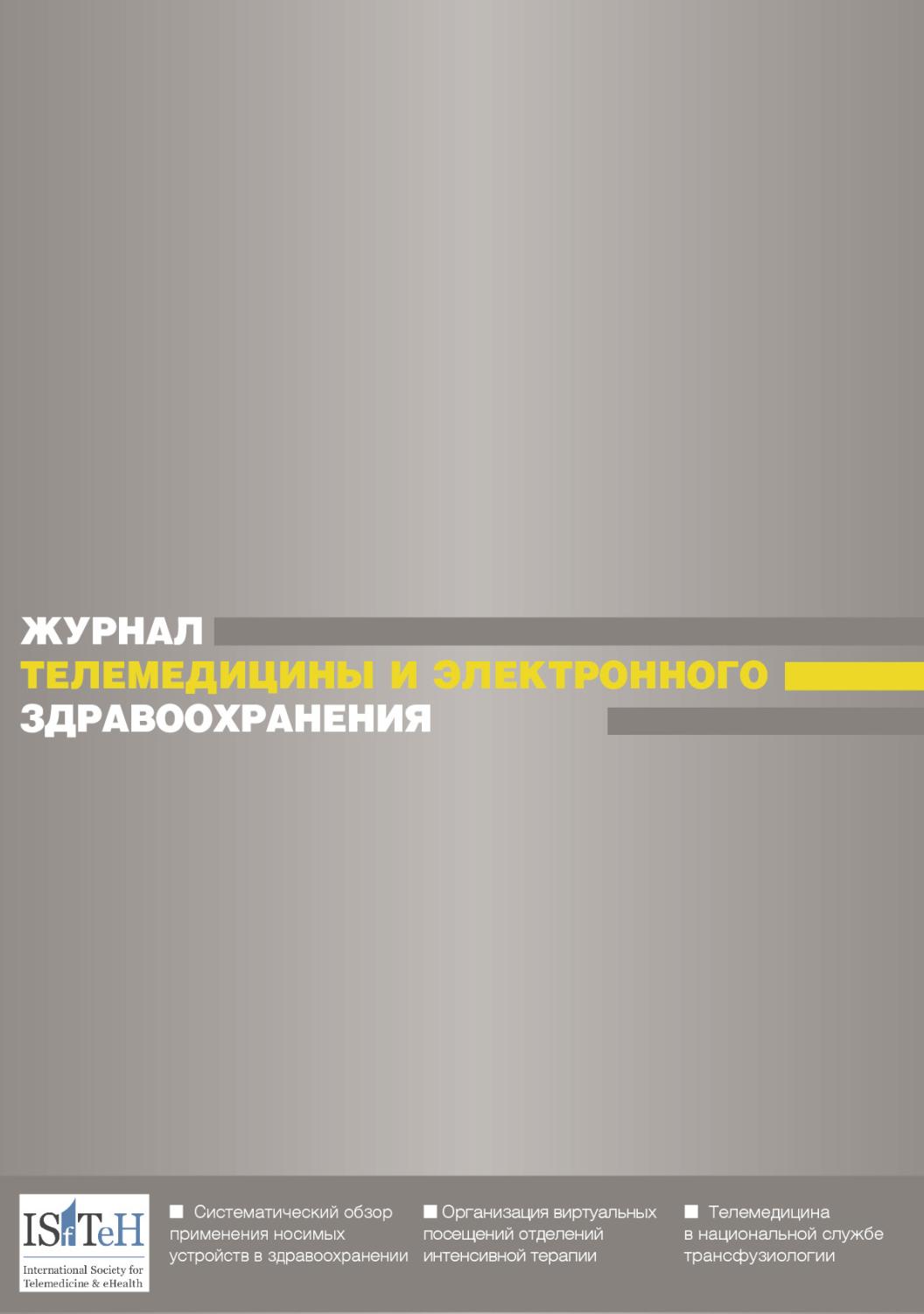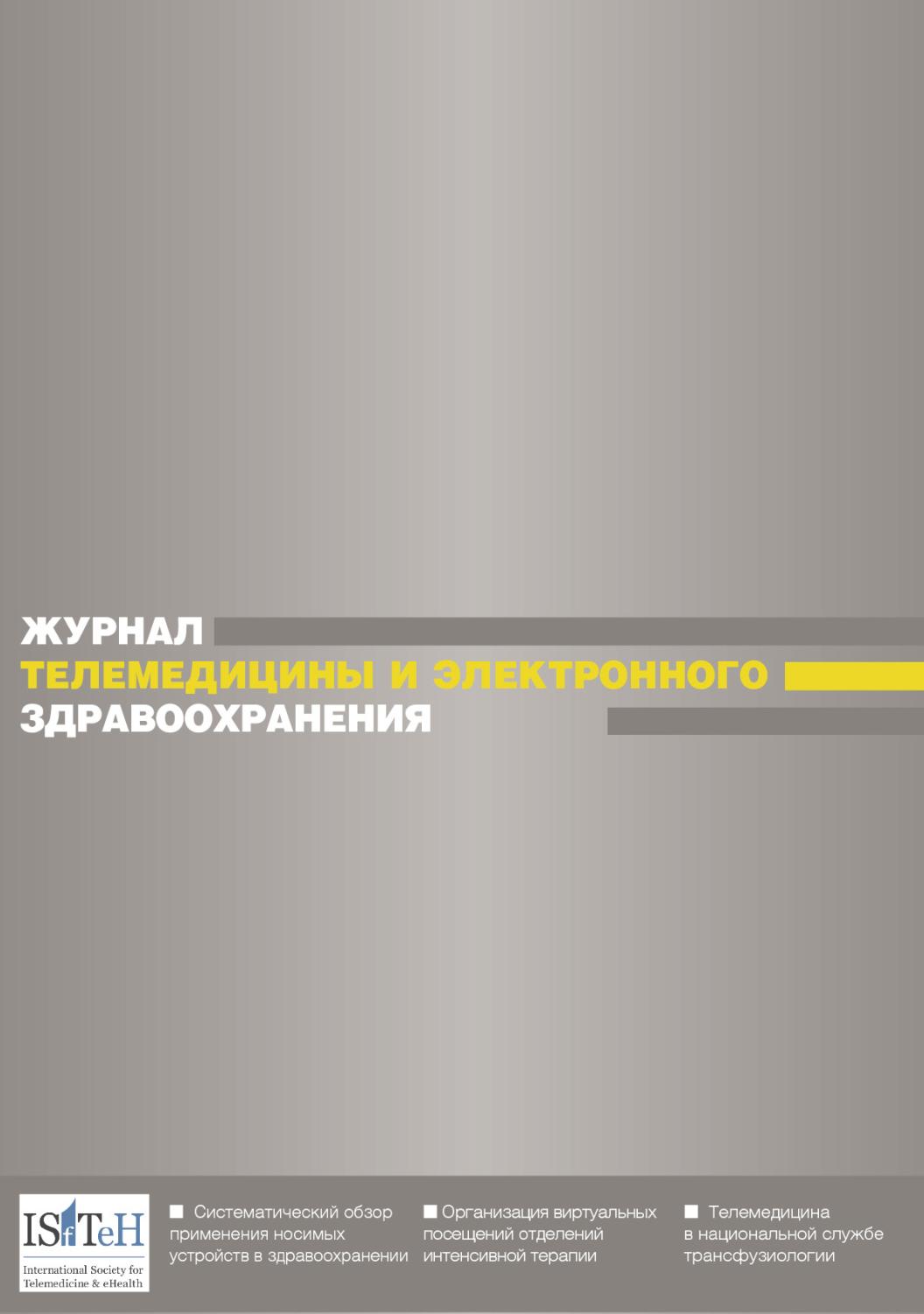Technologies that are used in medicine cannot be applied in practice in isolation from the basic issues that underlie the health system. In this article the author describes three basic, fundamental barriers to the development of digital technologies in medicine and their implementation in clinical practice: 1. Financial barrier. 2. Personnel barrier. 3. Lack of absolute knowledge in medicine.
According to the author, these barriers are basic because they cannot be overcome at the present stage without general development of society.
Digital technologies require funding - this must be accepted and considered when implementing them. If technologies require financing, then their introduction into a healthcare system, where there is no excess of financing, can lead to DT competition with other technologies and healthcare items of expenditure.
Regarding the personnel barrier, it is worth highlighting two important components: the need to increase the number of specialists and the need to have specialists with a certain set of knowledge and competencies. This paper analyzes several ways of solving this barrier, such as using artificial intelligence, a personal medical assistant.
Significant financial costs, the need to exclude subjective assessment, complex principles for obtaining evidence-based knowledge, the variety of subject areas studied in medicine make it difficult to quickly obtain reliable information about human health. This is the third of the limiting barriers to the introduction of digital technologies in medicine.
For a wider introduction of digital technologies in medicine, the efforts of scientists, developers, healthcare organizers, and decision makers should be directed to overcome these barriers.


